Learning Beyond the Classroom: The Power of Extracurriculars in our Lower School
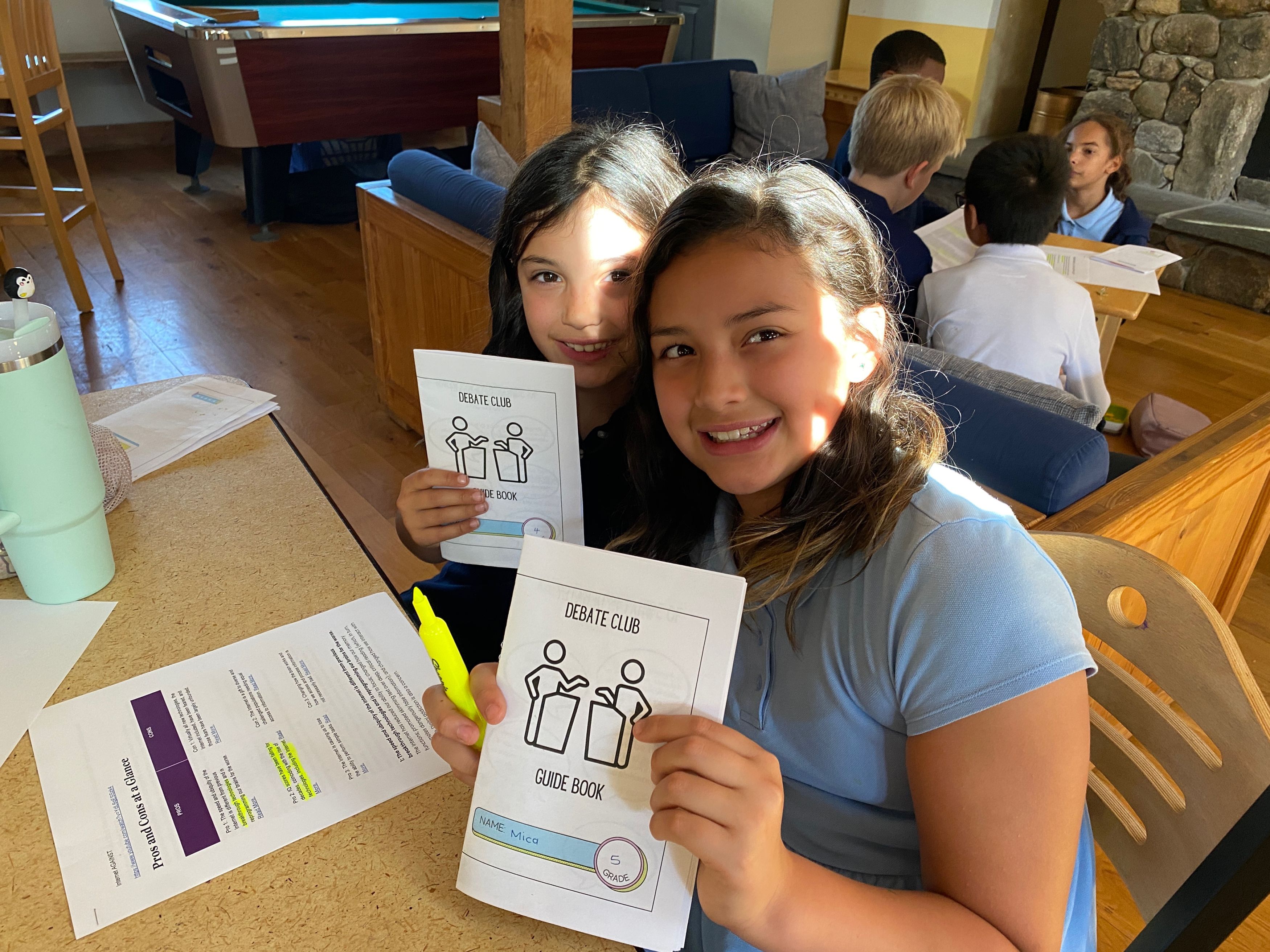
Recently, I had the great joy of stepping back and watching as fourth and fifth-grade students respectfully shared their opinions, presented their research, and confidently addressed a packed room of peers and adults. It was the final session of Debate Club, and I couldn’t have been more proud of how much these courageous kids had grown over the past several weeks.
At Christian Heritage School, we believe that true education reaches beyond the classroom. Our goal is to nurture the whole child: academically, socially, spiritually, and emotionally. One of the most meaningful ways we do this is by giving students opportunities to learn in new environments, explore their interests, and grow through hands-on experiences. This begins with the “specials” woven into each school day and continues through a rich offering of extracurricular activities designed especially for our lower-school students.
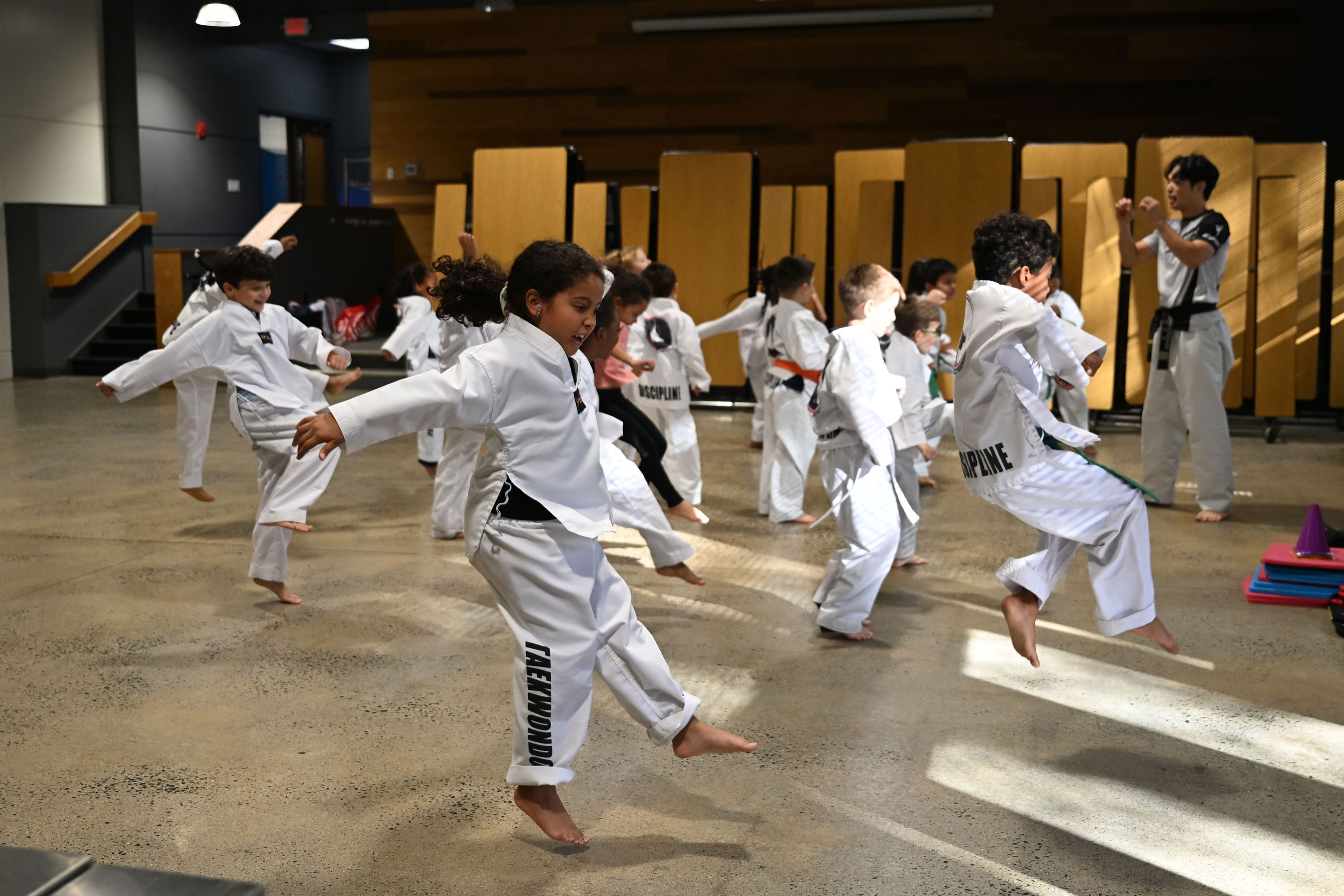
Research has long shown that learning outside the classroom strengthens children’s social skills, emotional well-being, confidence, and creativity. This philosophy shapes our extracurricular programs. Students can choose from a growing menu of opportunities that allow them to explore new hobbies, strengthen existing passions, and develop character in a supportive, Christ-centered community. Taekwondo encourages discipline, respect, and focus. Strategic Games Club for grades K–2 fosters critical thinking and patience through games that challenge the mind. Our Science Club for grades 3–5 gives young explorers a chance to experiment, question, and discover the wonder of creation, and the Bee-Bots Coding Club introduces K–2 students to sequencing and problem-solving through playful robotics.
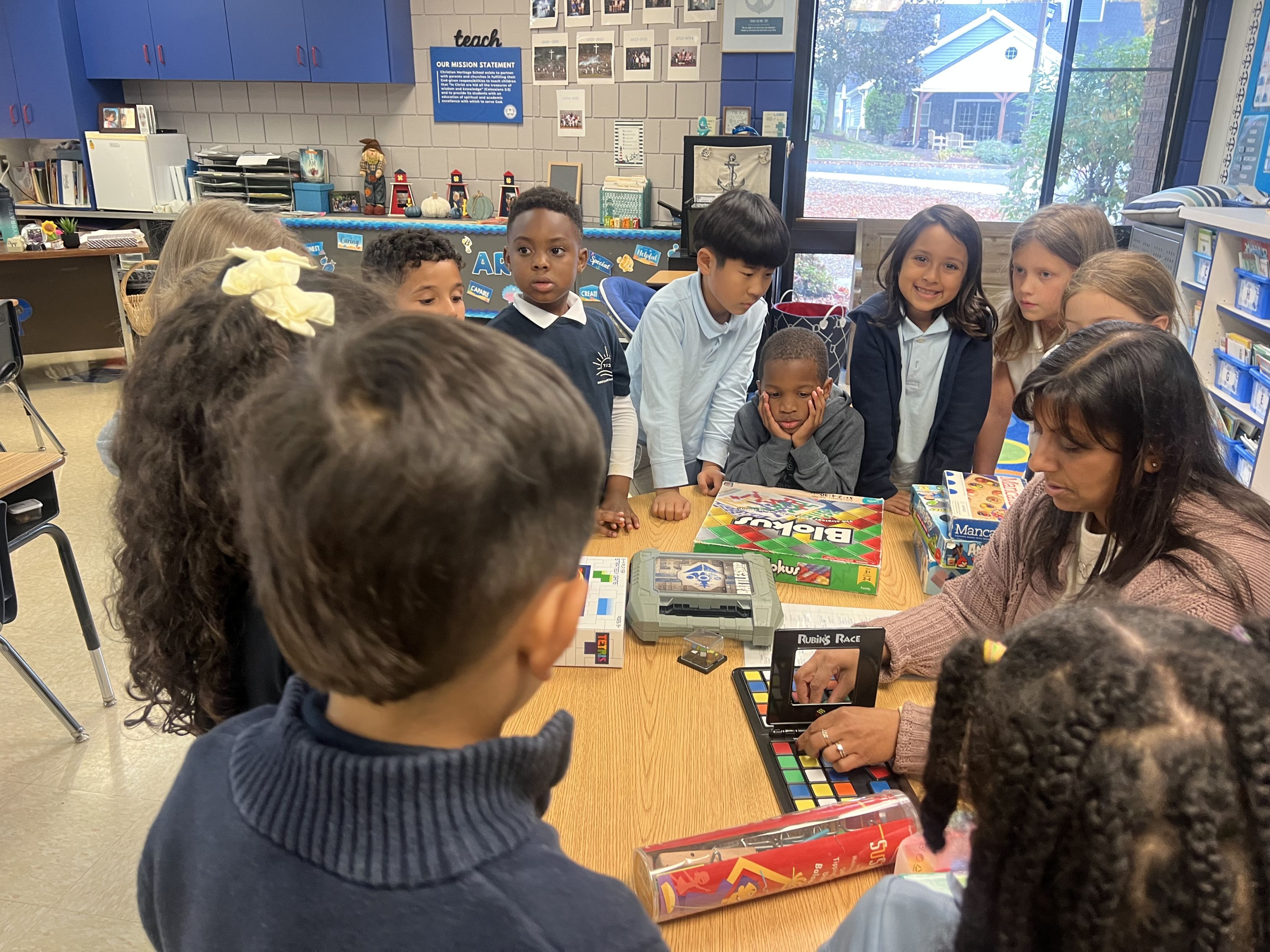
This year, we’re excited to introduce even more programs. Math Olympiad invites fourth and fifth-grade students into a nationally recognized problem-solving community where they can stretch their reasoning skills and learn to approach challenges with perseverance. The Spelling Bee offers students the chance to expand their vocabulary, strengthen their memory, and build confidence speaking in front of others. Our new Debate Club for 4th- and 5th-grade students teaches students how to listen carefully, articulate their ideas thoughtfully, and engage in respectful dialogue. And coming soon, our Baking and Books Club for K–1st graders will blend creativity in the kitchen with the joy of stories — nurturing both imagination and emerging literacy.
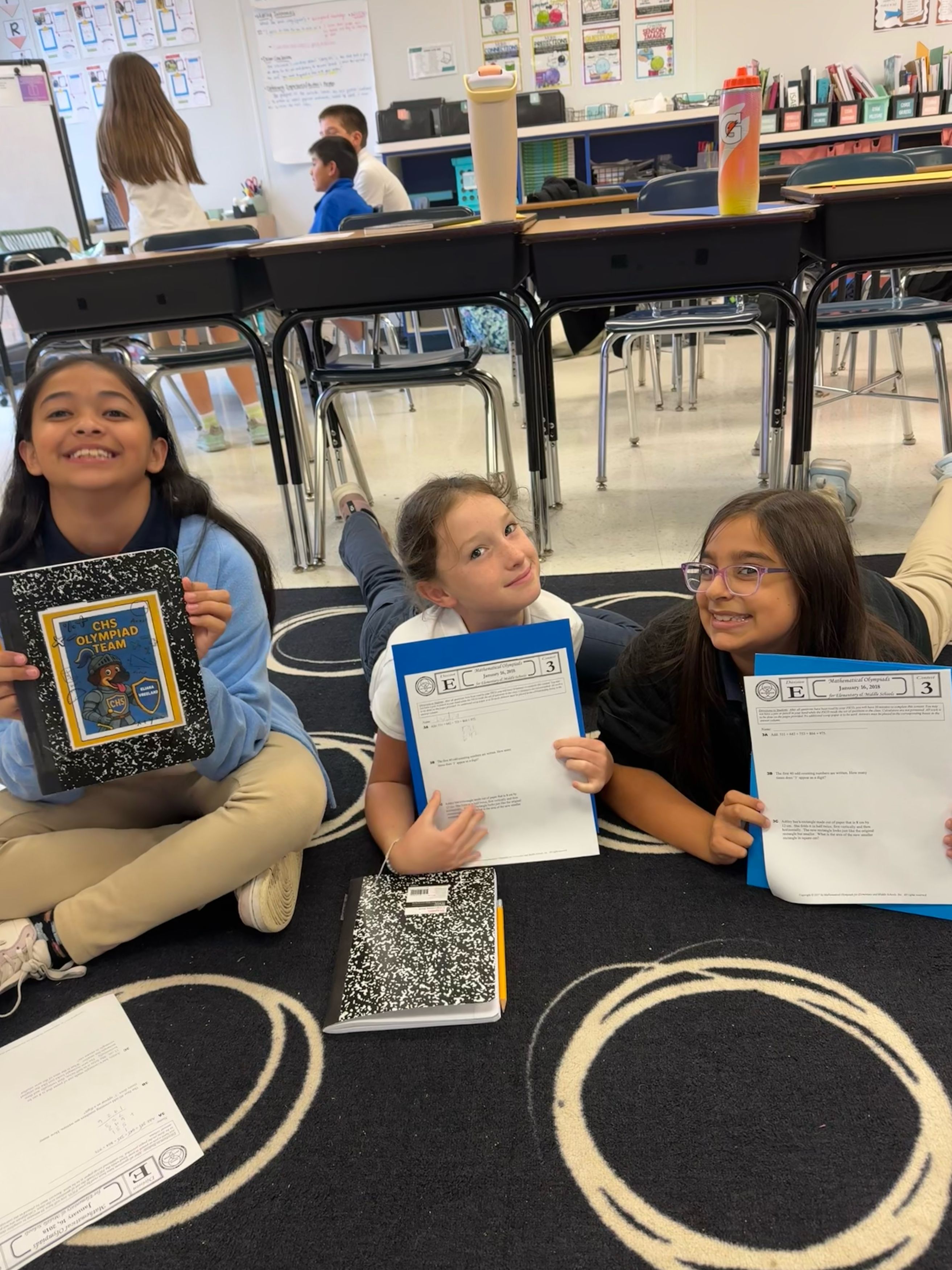
Whether students are building robots, solving math puzzles, stepping onto a debate stage, or discovering the beauty of music and art, we want to create a space for every student to steward their God-given gifts or challenge themselves by trying something new, growing in confidence and character in ways that will stay with them for life.
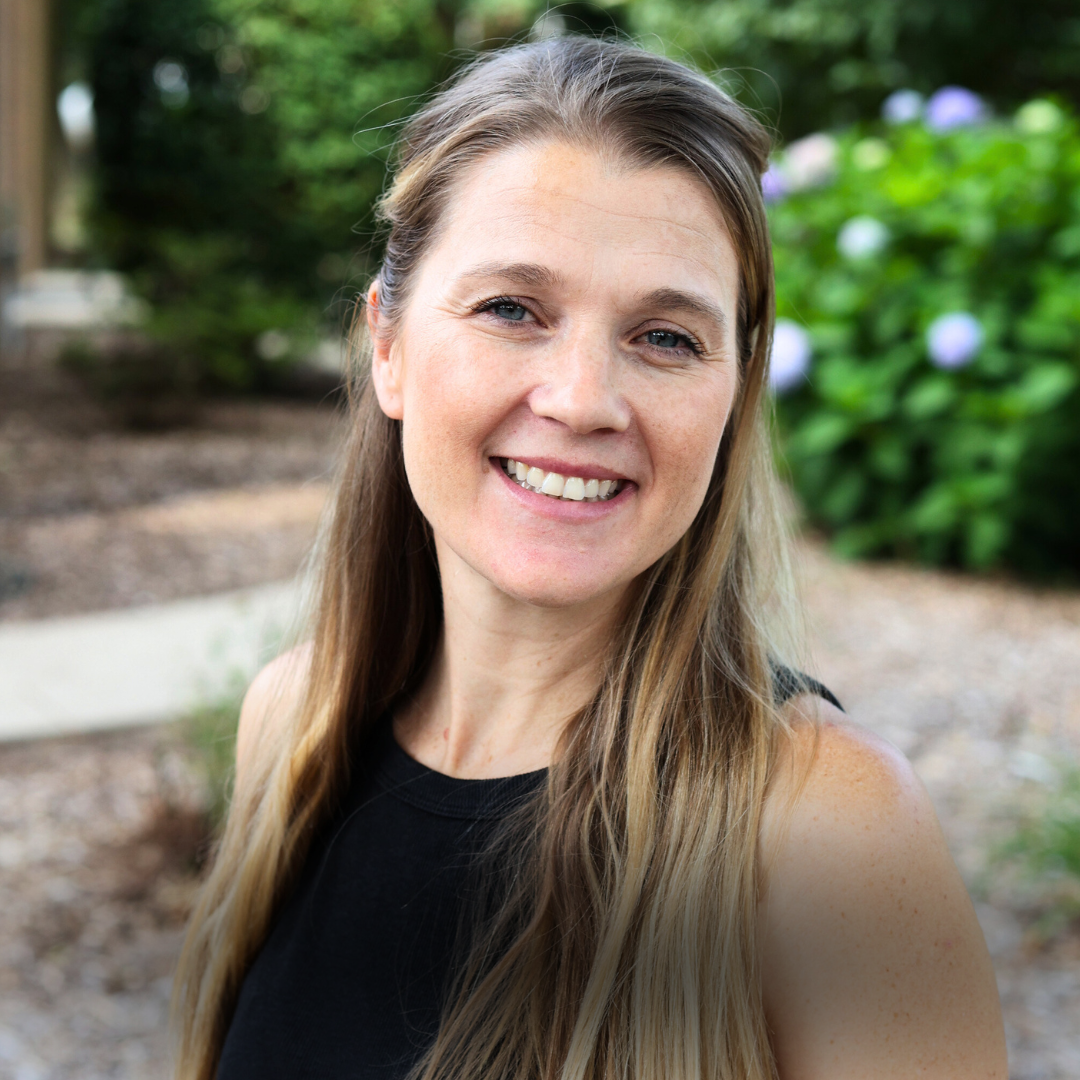
Beth Maree is our Lower School Principal. She received a Bachelors of Education at the University of Pretoria in South Africa and majored in English, History and Special Education. Beth began her career teaching 4th Grade and then discovered her love for teenagers when she transitioned to a High School English teacher. She is also experienced in school leadership, leading an English Department, overseeing Student Academic Services, and finally serving on the Senior Leadership Team of a busy, all-girls school in South Africa. Beth is now our Lower School Principal at Christian Heritage School and loves every minute of it!
Celebrating Our Heritage At CHS
Hello, Hola, Olá, Bonjour, 你好, 안녕하세요 (English, Spanish, Portuguese, French, Chinese, and Korean)! We have a very special tradition here at Christian Heritage School that takes place every spring in the 4th grade. Each student chooses one country of ancestral or adoptive descent on which to create their Heritage Report. This assignment integrates three important class subjects: Social Studies, Writing, and Reading. It enhances our Social Studies discussion on immigration to America and helps develop research skills, organize a report with specific requirements, and write an informational piece. We also integrate reading with the novel Letters From Rifka, which is about a Jewish girl immigrating to America in 1919. It’s a joy to celebrate our individual heritage as families at CHS and in this country!
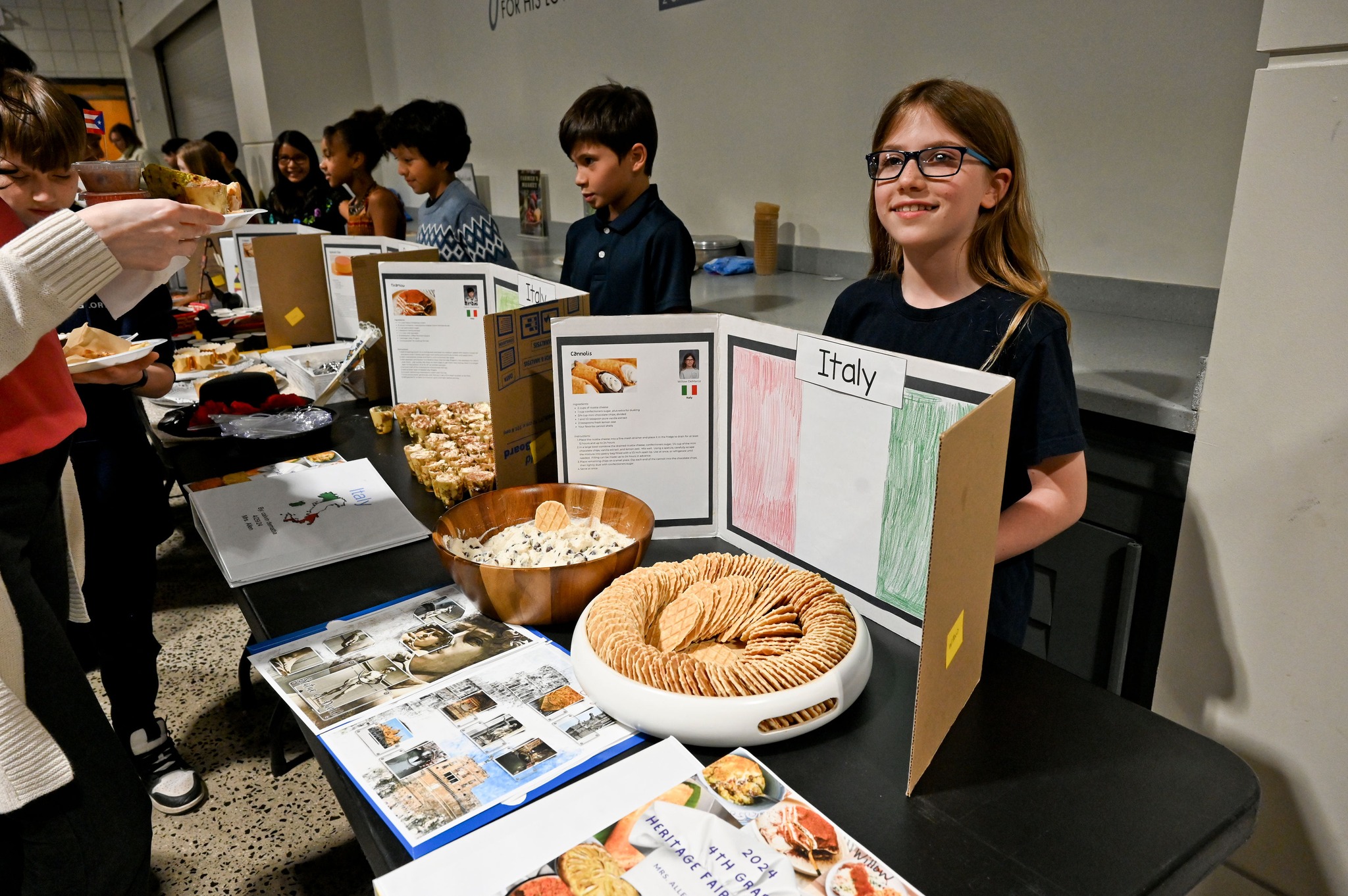
Each week, students write one paragraph, revise, edit and bring it to presentation form using research materials from our school library, their local libraries, as well as websites. Each student researches their country’s location and size, natural features, climate, capital and government, culture, and history, as well as their own family’s immigration story. They also create a photo section, landform map, political map, world map, a recipe of food from their country (cooked and brought to the Heritage Fair), a hand-drawn flag of their country, and prepare a short presentation.
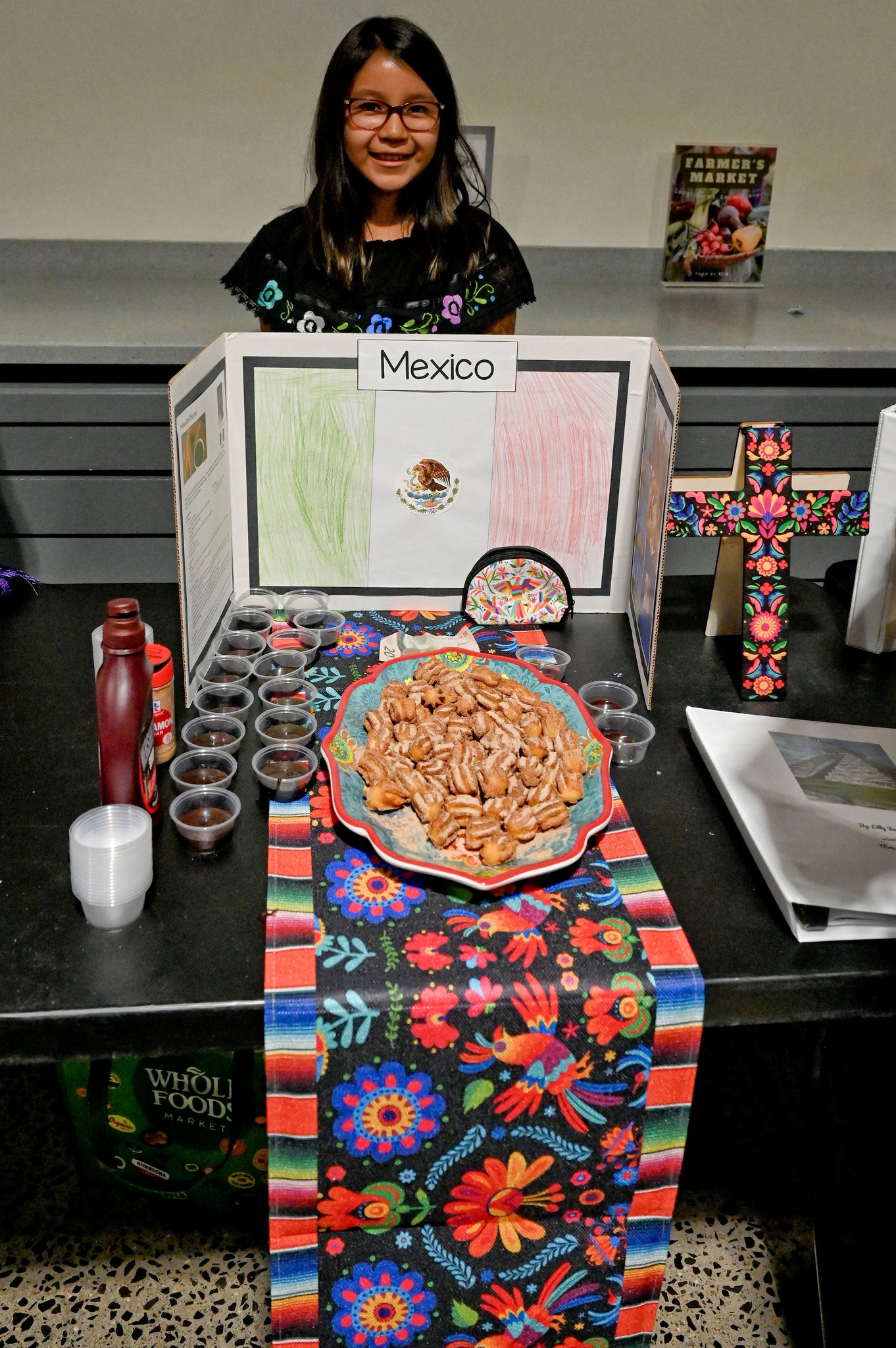
All this work is later compiled and presented at the Fourth Grade Heritage Fair, and we celebrate with food native to the students' heritage country, a presentation, and a time to view each child’s project where they excitedly display their newly found knowledge of their heritage country. The families join us in the cafeteria and enjoy the rich diversity and cultures represented, sampling delicious international flavors and foods; each of us truly Comes to the Table (this year’s chapel theme). Every year, the Marketing department compiles a collection of the students' recipes into a cookbook to celebrate their respective countries. This cookbook is provided for each student as a cherished keepsake and a lasting memory.
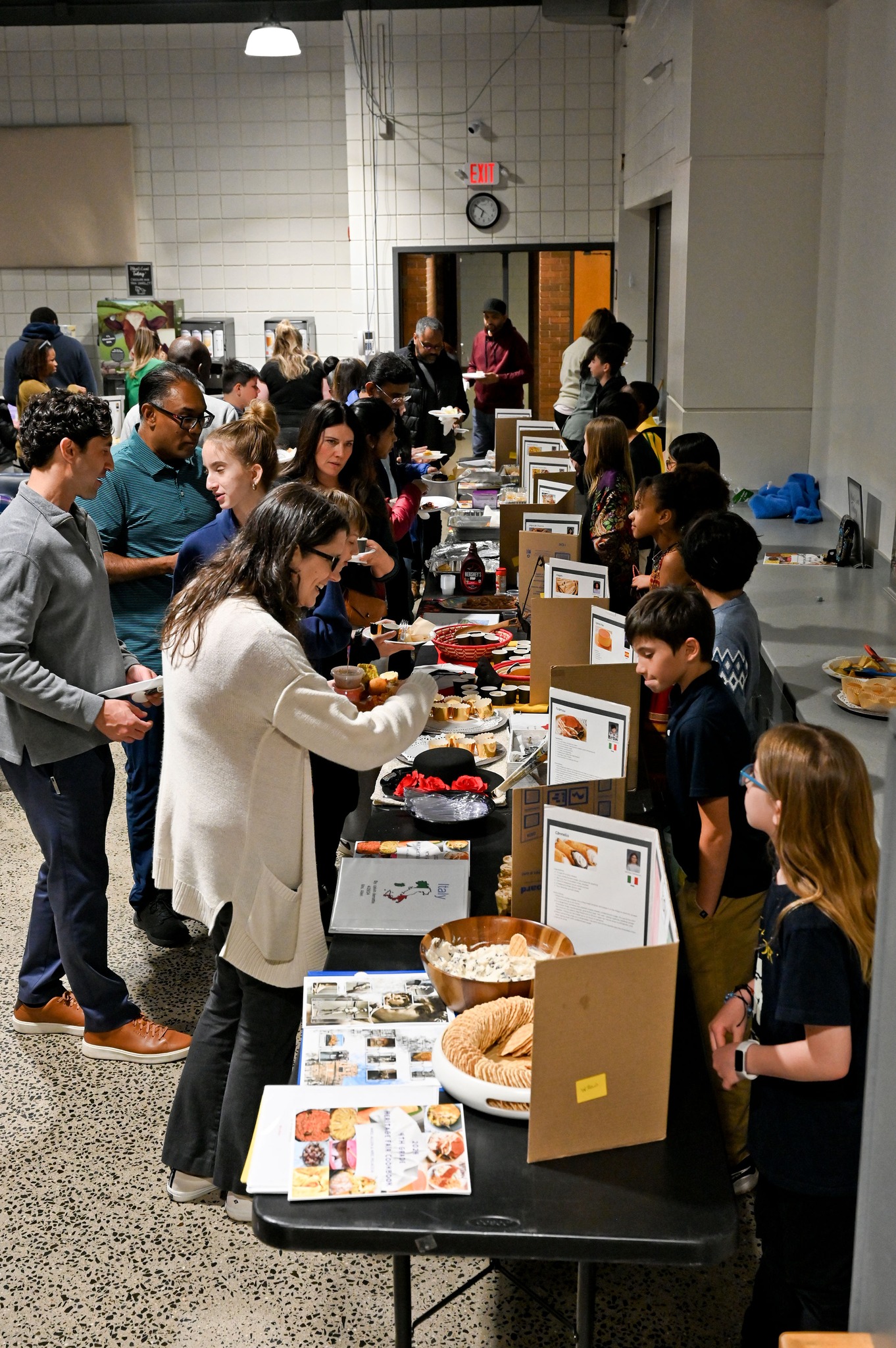
We look forward to this wonderful project each year. It is truly a blessing to see a bit of the world here in the cafeteria at CHS. The Lord tells us in His Word that every nation, tribe, people and language will gather before His throne and the Lamb. This Heritage Fair is a beautiful representation of this and shows the uniqueness of the Body of Christ.
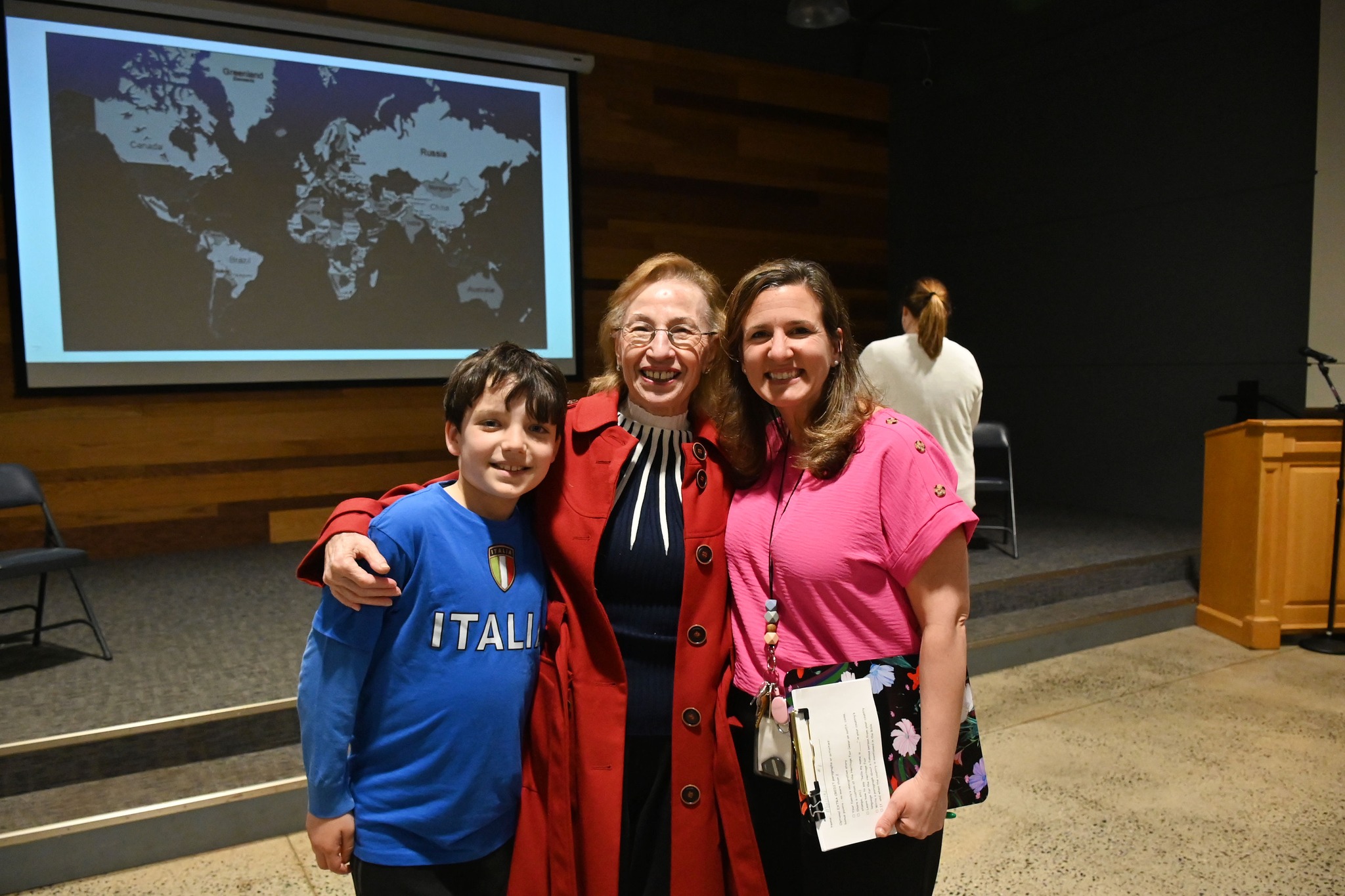
“The heritage project was a great experience for me to get to know my fellow classmates by tasting their country’s food and hearing fun facts about where they came from. My country of heritage was Switzerland, and my grandma helped me make a Swiss Apple Pie. It was difficult but rewarding to try a new Swiss food. She also showed me some pictures of where my great-great grandmother lived in Switzerland and this brought us closer together. Overall, the project was fun, challenging, and special.” Paige Taylor -5th grade student
We will not hide these truths from our children; we will tell the next generation about the glorious deeds of the Lord, about His power and His mighty wonders.
Psalm 78:4.
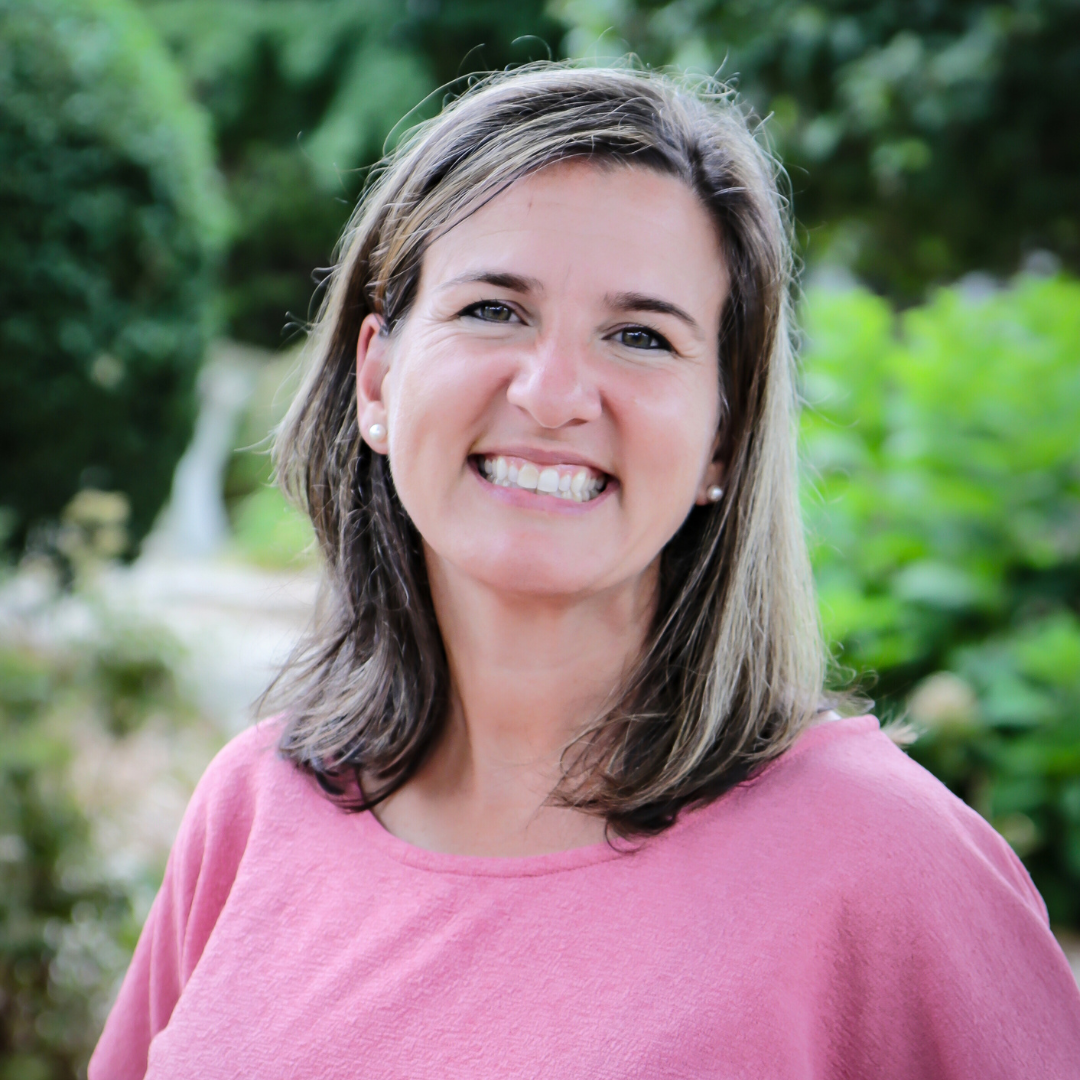
Mrs. Elizabeth Pelaccia is one of our fourth grade teachers. This is her third year teaching at CHS. She received her BS in Elementary Education from Messiah University. She enjoys spending time with her family and her adorable chocolate lab, walking on the beach, gardening, farming, and hiking. She looks forward to hatching ducklings and chicks in her classroom each year. “I am so blessed to be part of this CHS family.”
Update on Our Mods Program: Students Are Absolutely Loving it!
This past winter, on a particularly slushy morning where the start of school was just postponed, I received a text from a faculty member who had just broken the joyous news to her children that CHS was going to have a late start day. The response from one of the students warmed my heart on that classic Connecticut winter morning- “WHAT? NO! ARE MODS CANCELED?”
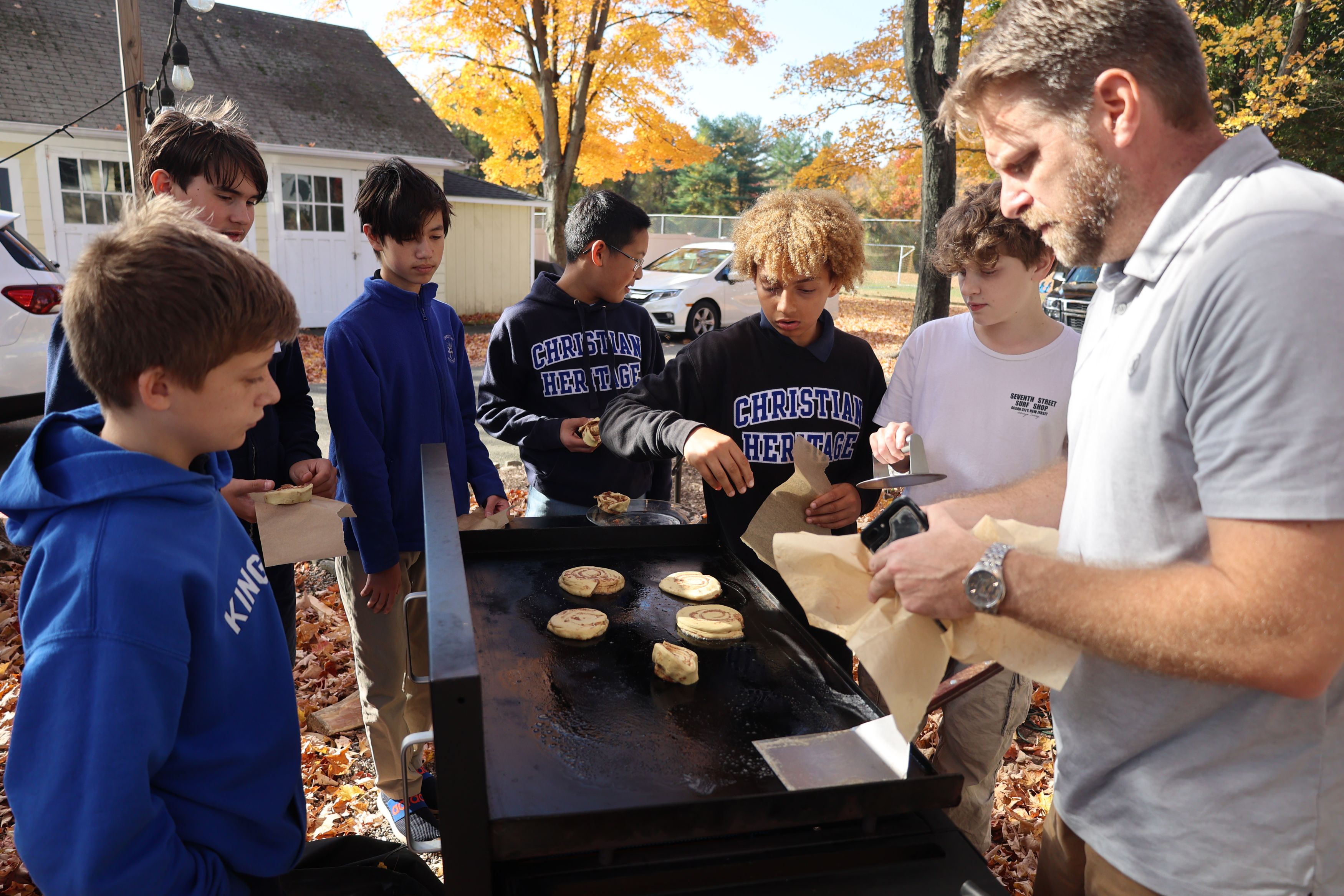
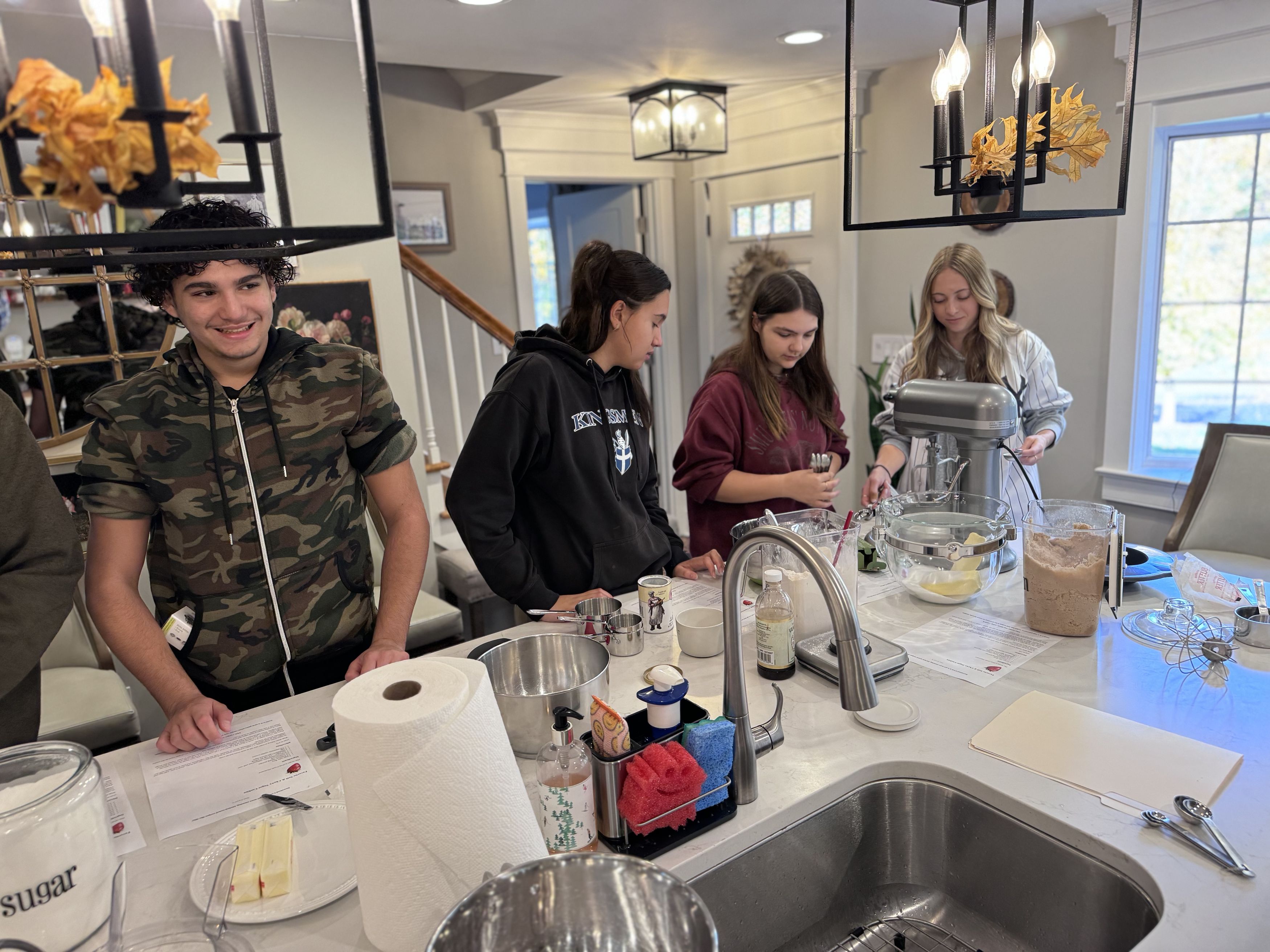
This fall, we launched our Mods program. In an earlier blog post, I described the various learning modalities (mods) that go into teaching well-rounded students. We don’t learn things in the best way for us, we learn things in the best way they should be taught. Imagine only watching cooking videos and never getting your hands dirty with egg yolk and flour. Visualize reading about your favorite sport instead of playing it. Have you ever had someone explain a movie scene only to say, “You know what, you should just watch it.” Our brain works in various ways, and the best way to learn about one topic might not be the best way to learn about other topics.
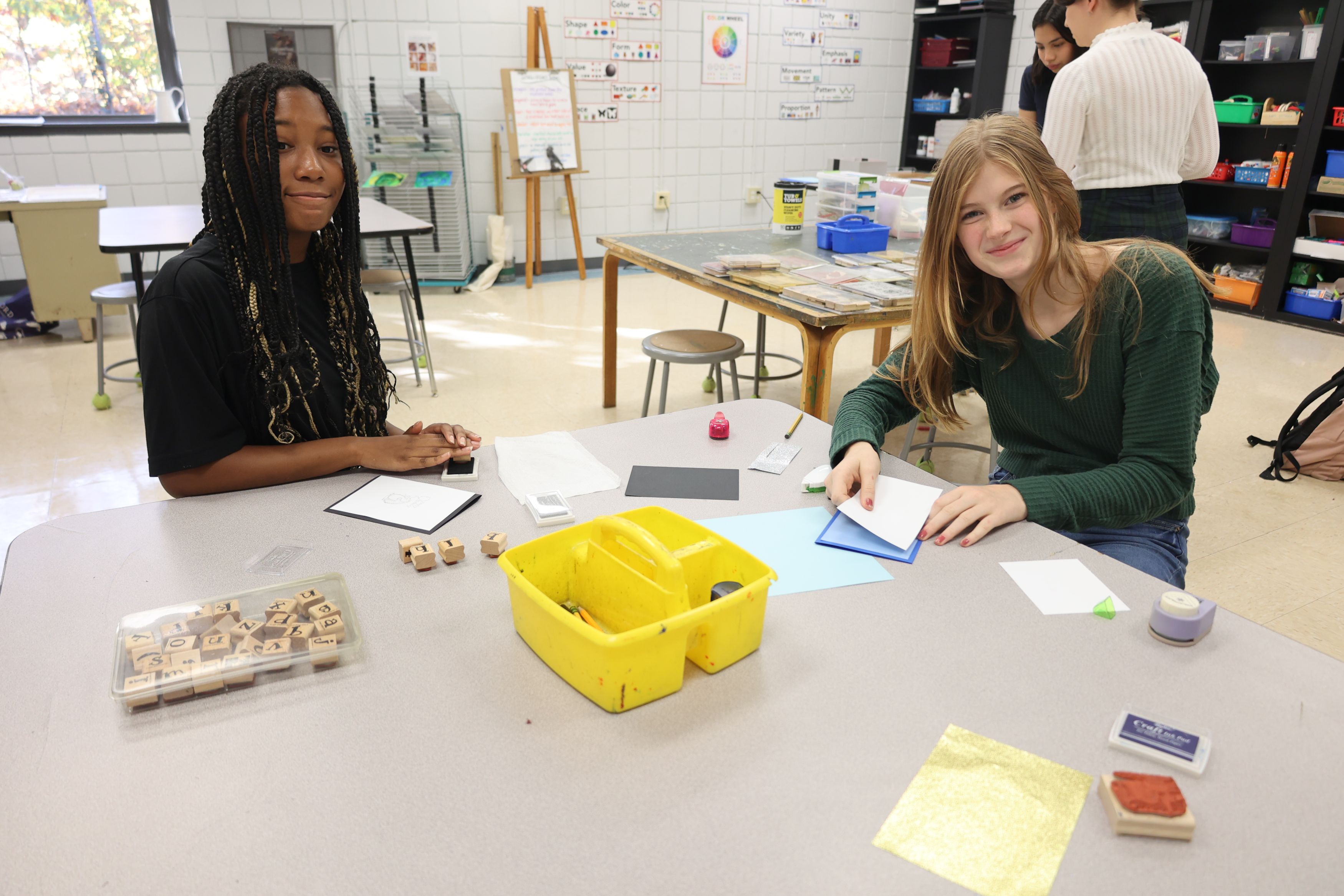
Fast-forward from last fall to today. CHS is wrapping up our first year of Mods, during which students were able to select monthly activities that took them out of the classroom and got them involved and engaged in other activities. Among lots of other things, students played futsal, learned about different cultures through food, took instrumental lessons, baked new and delicious recipes, participated in bible studies, or learned wilderness survival skills (and you can survive anything as long as you have access to a propane griddle, indoor plumbing, paper towels, and Dorito’s).
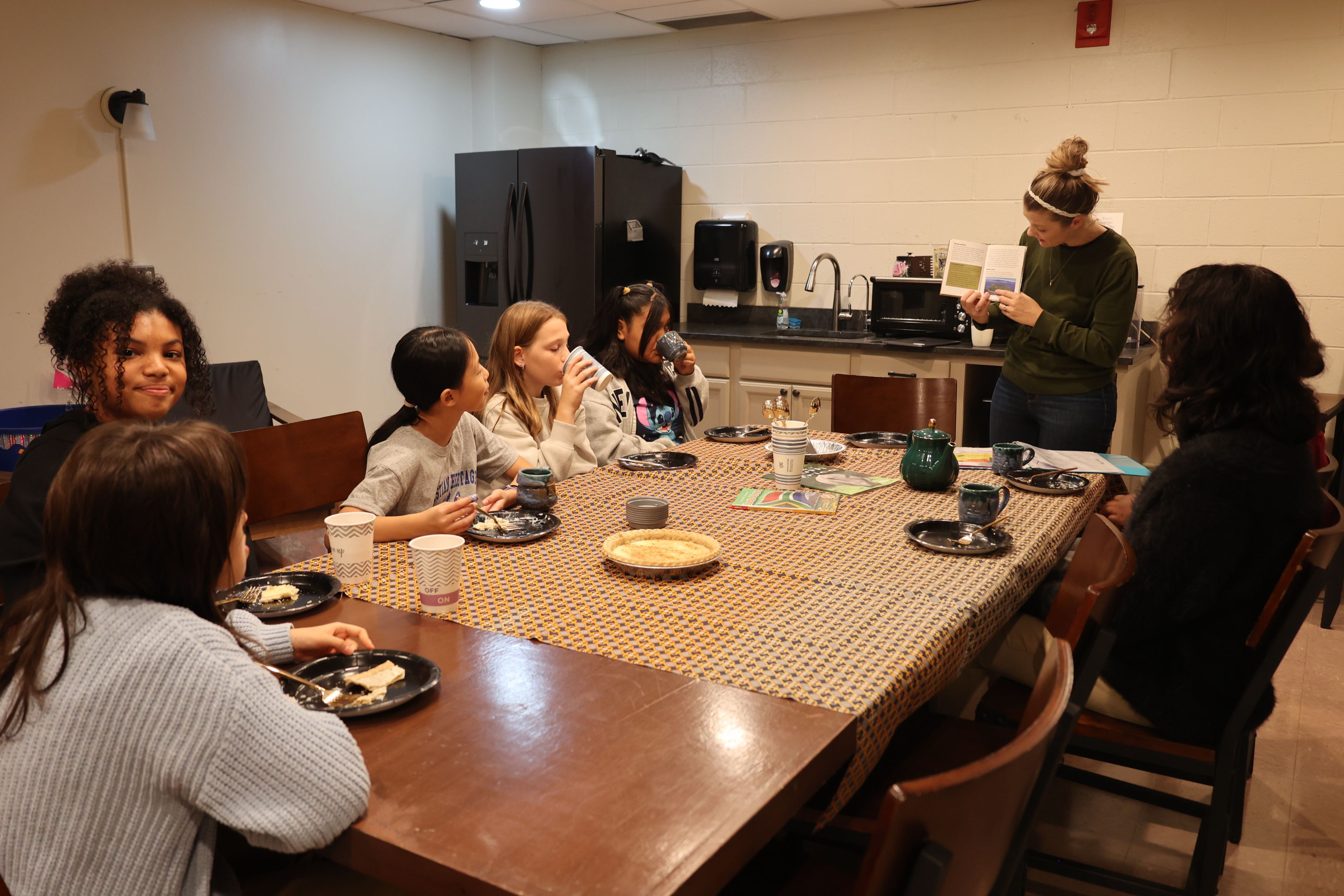
Mods gave our students opportunities for choice, agency, socialization, learning something new, and fun! I could bore you with education studies and doctoral thesis, but cutting to the chase, all of those things listed above are in the secret sauce for a good and meaningful educational experience.
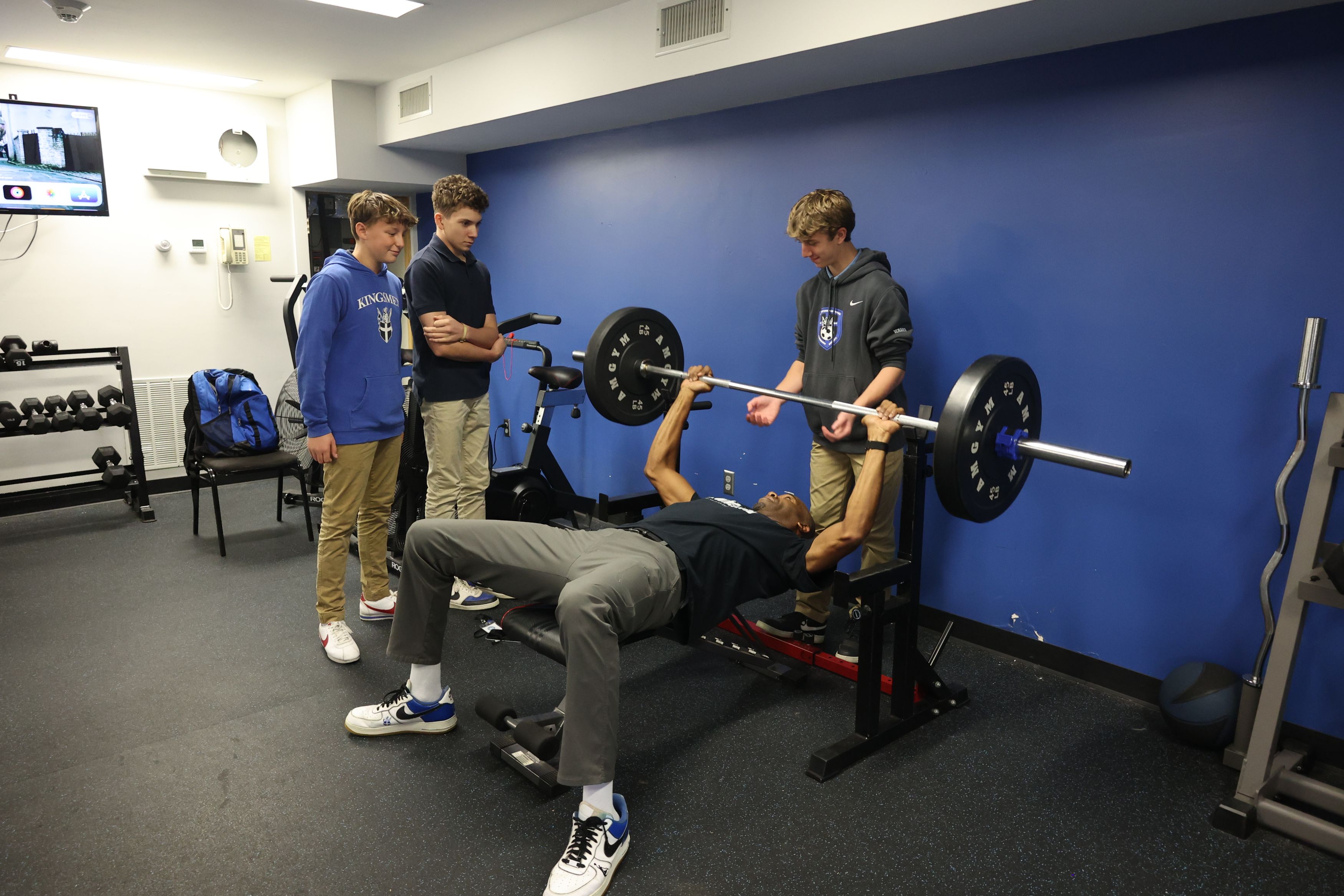
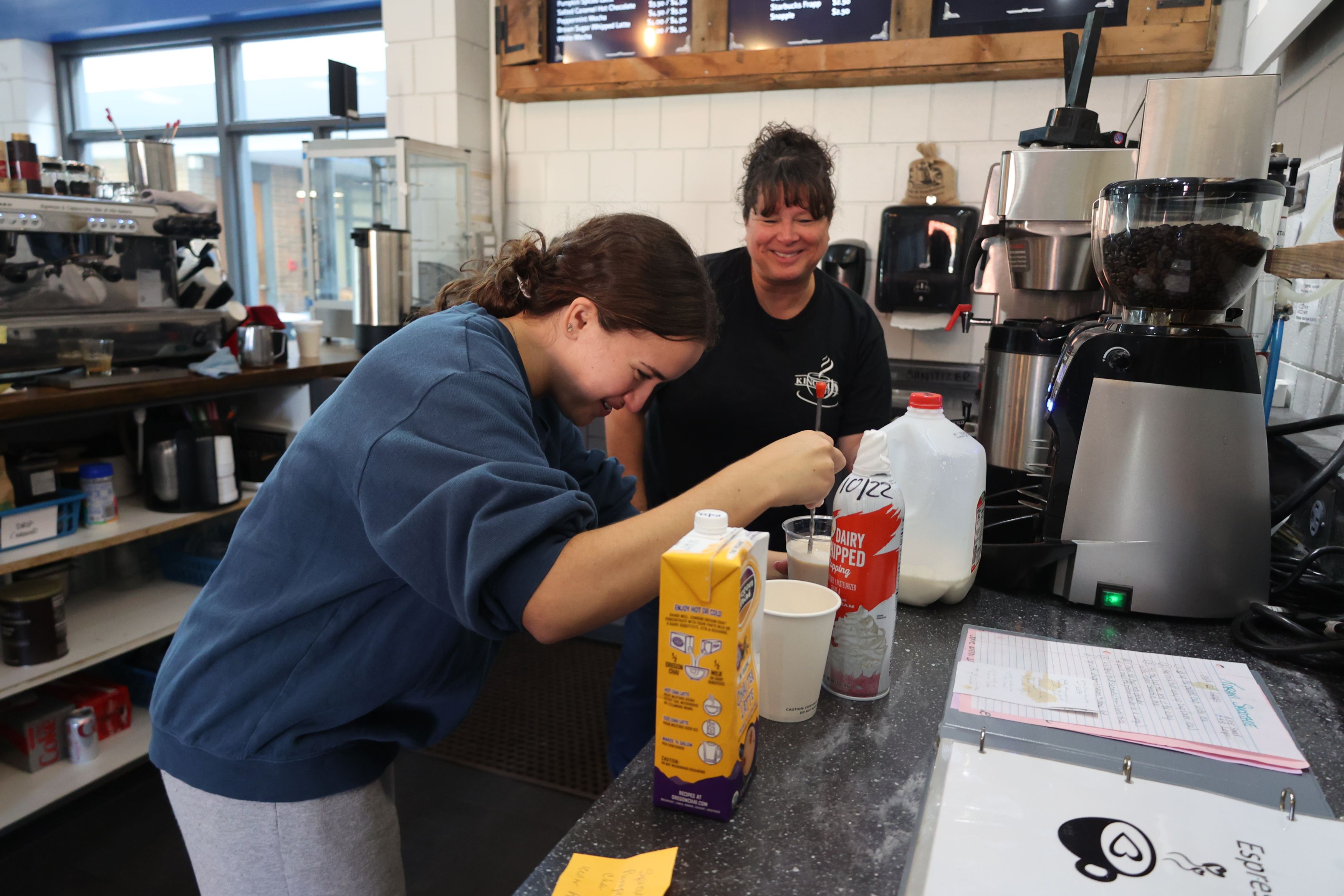
We are so pleased with the little ways that our kids have embraced these new opportunities this year, and look forward to continuing and expanding on this program in years to come!
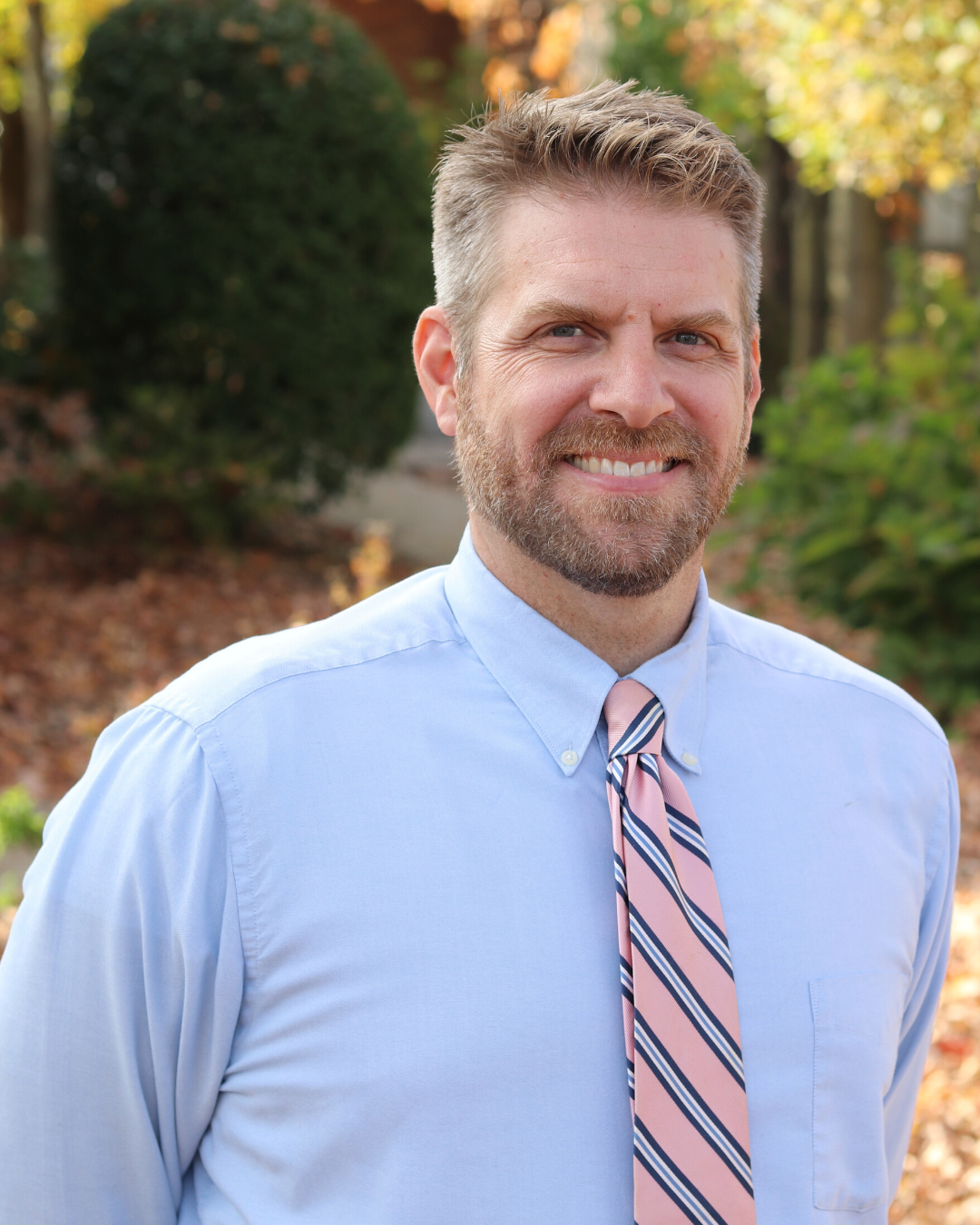
Mr. Karl Simon is beginning his 23nd year in Christian Educational Administration and his fourth year at CHS. He enjoys reading, woodworking, watching the Patriots and Red Sox, and arguing with students who think the Yankees are better. He also coaches at CHS, where he enjoys spending time with kids outside the classroom on windy sidelines and on long car rides to away games. Mr. Simon feels serving as principal of the CHS Upper School is a great privilege, and he enjoys his relationships with his colleagues, students, and families.
Afternoon Adventures: Discovering New Interests Through Lower School Clubs
An exciting change to our Lower School program over the last couple of years has been the increase in the number and variety of after-school clubs known as Kingsmen Clubs. These after-school activities are offered to our Lower School students immediately following the school day in several locations on campus. Kingsmen Clubs offer a unique opportunity for elementary students to engage in activities outside the typical classroom setting. Research shows that children involved in extracurricular activities often perform better academically. These programs not only support academic growth, but can also foster important social, emotional, and physical development.
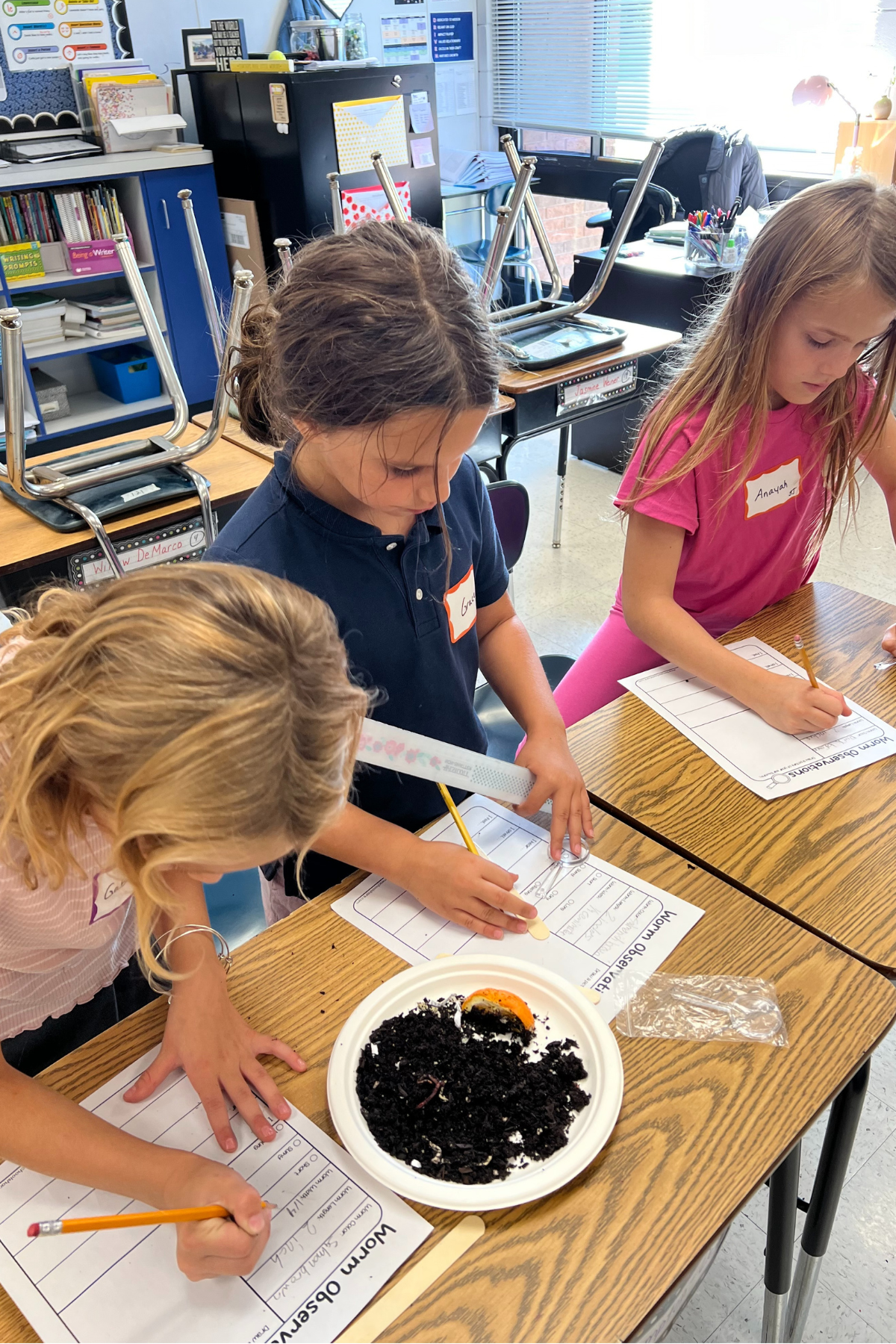
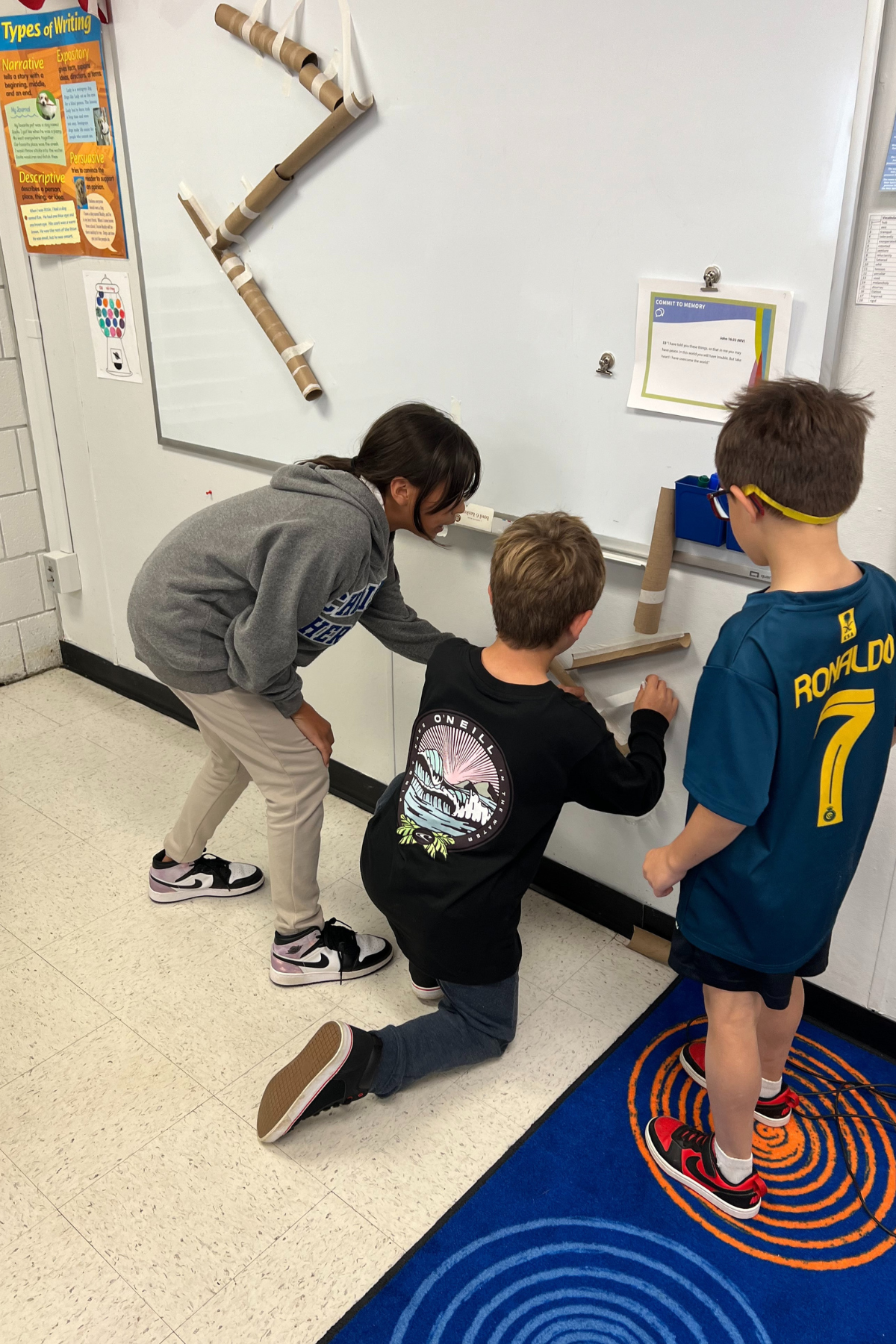
Clubs provide our students with an opportunity to explore topics such as Crafting, STEM, Coding, Martial Arts, Strategic Games and Sports in a safe after-school setting with classmates and students from other grades. They are held in a structured setting and run by our exceptional teaching staff.
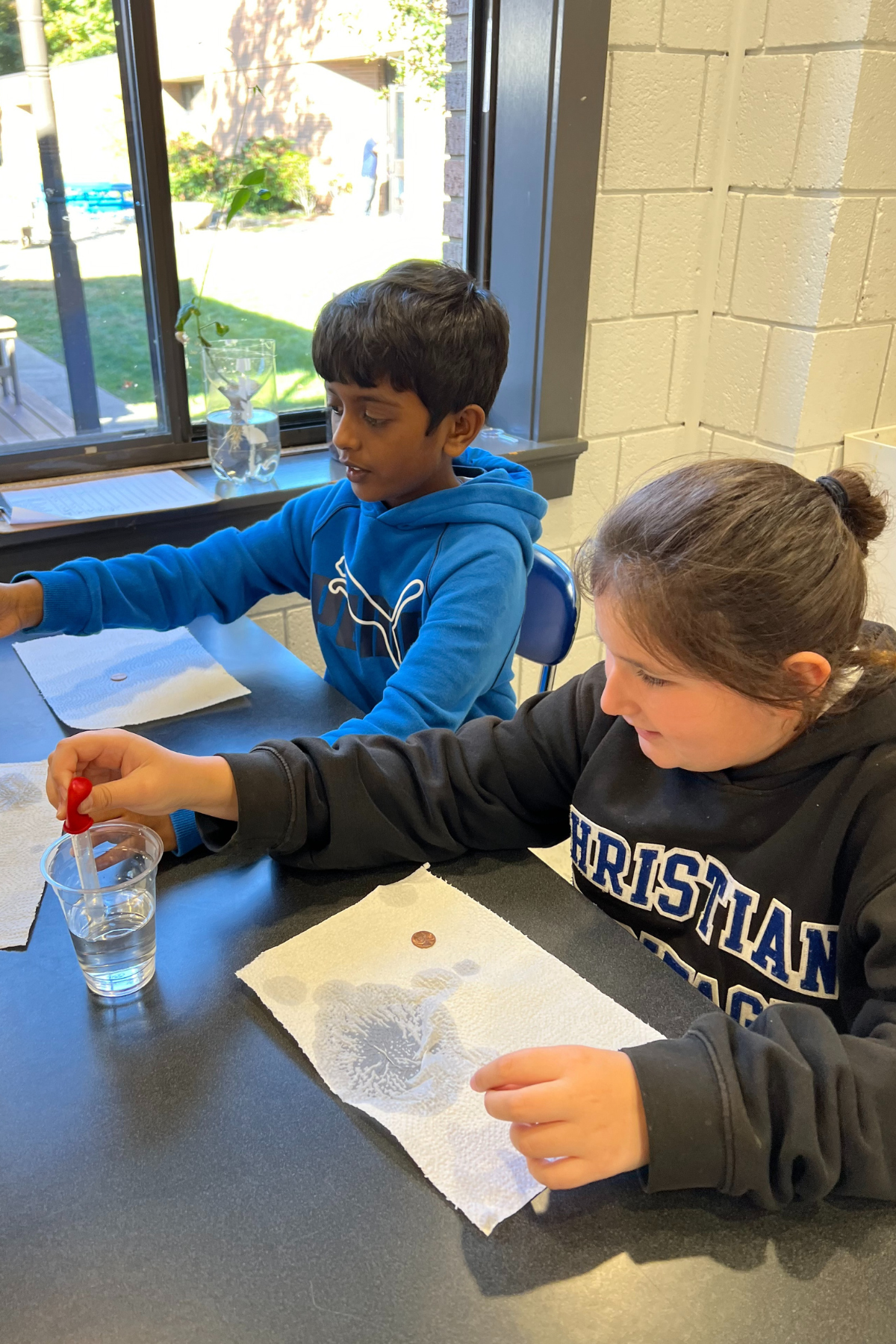
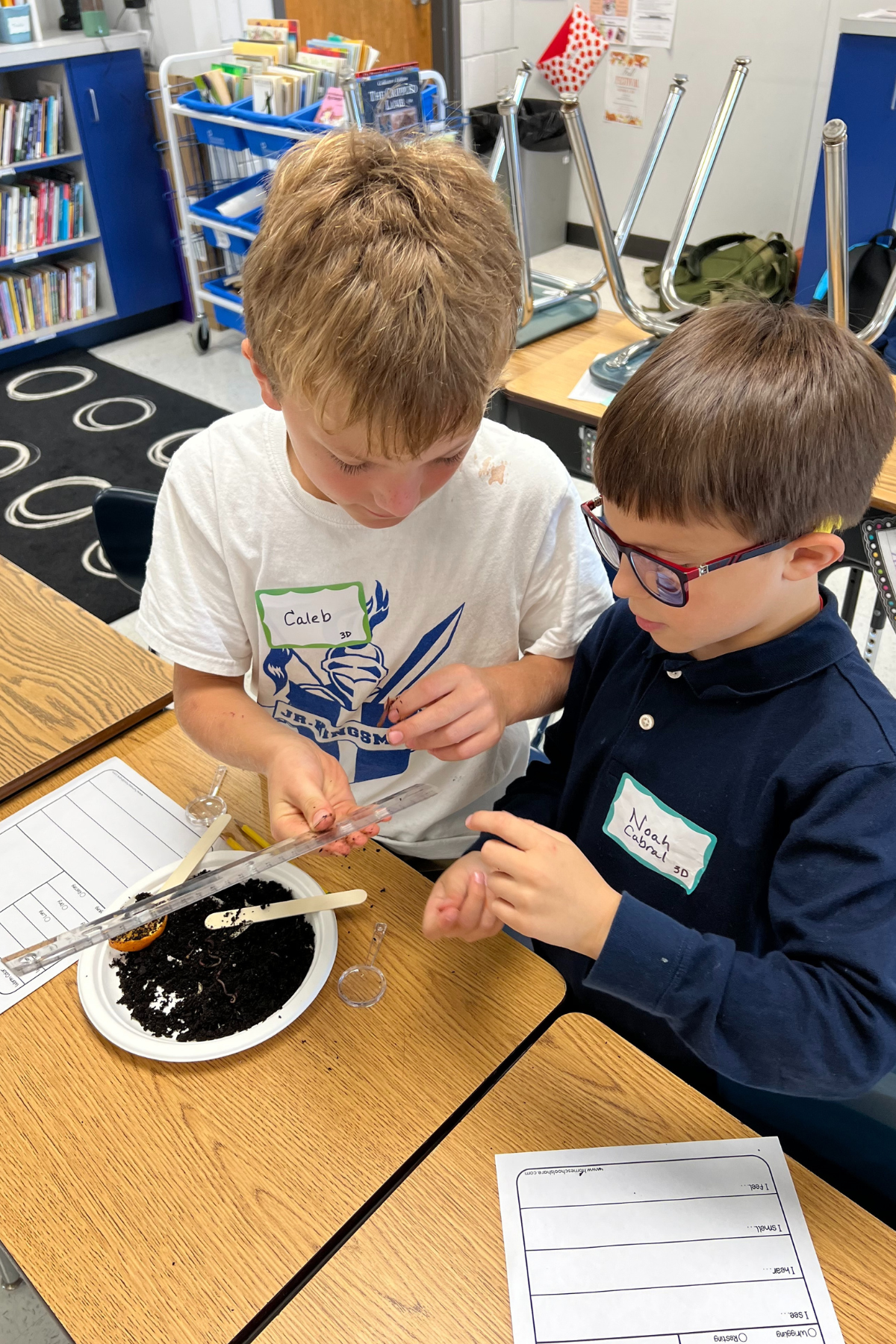
These clubs give children the chance to discover their interests, talents, or passions for possible future fields of study or extracurricular activities at the High School level. Students are given an outlet and the chance to participate, create, and learn. Clubs also provide for a strengthening of social skills. These environments are often less competitive than the classroom, giving students a chance to develop a strong sense of identity outside their academic achievements. Important skills such as teamwork, collaboration, problem-solving are all reinforced when a child participates in a club. Many times students are engaging with a teacher and other students they might not otherwise interact with on a daily basis. This gives students the chance to feel connected to others with similar interests and skills. These newly forged relationships only help to strengthen us as a community.
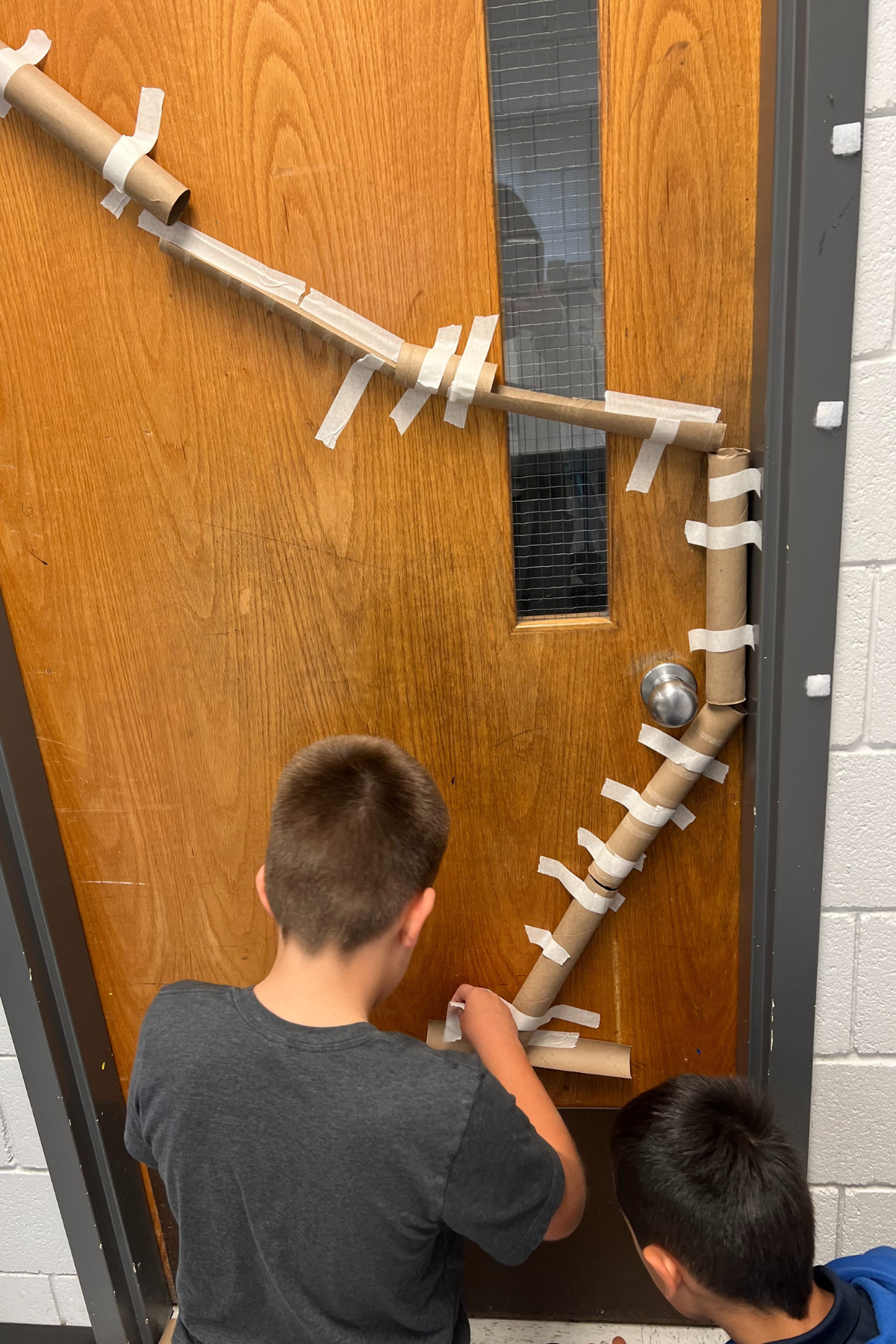
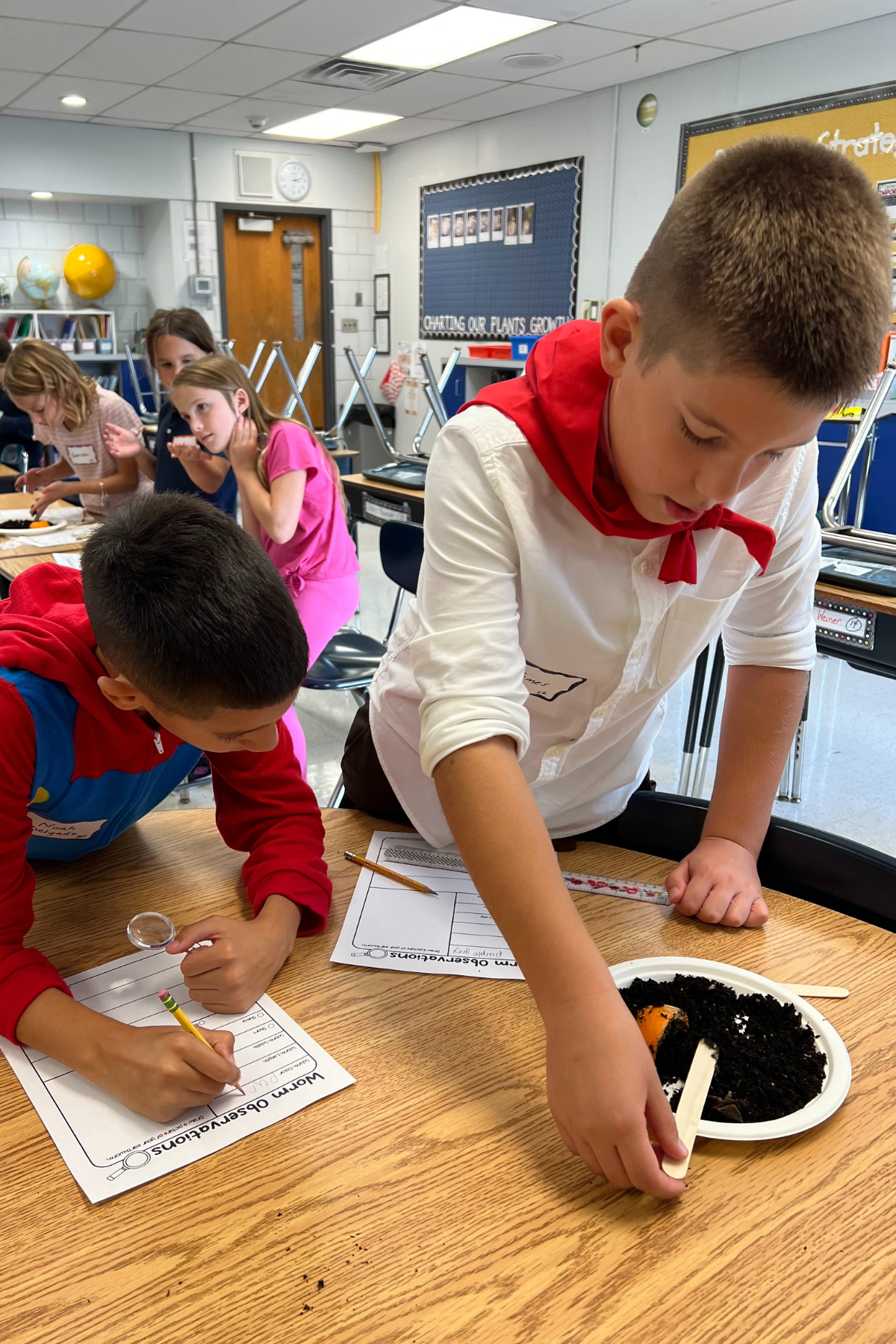
Our Kingsmen Clubs offer a range of benefits to parents and students alike. From supporting academic achievement to promoting physical health and emotional growth, these programs help students develop into well-rounded individuals. It’s no wonder that our after-school clubs have become an important part of the elementary school experience here at CHS.
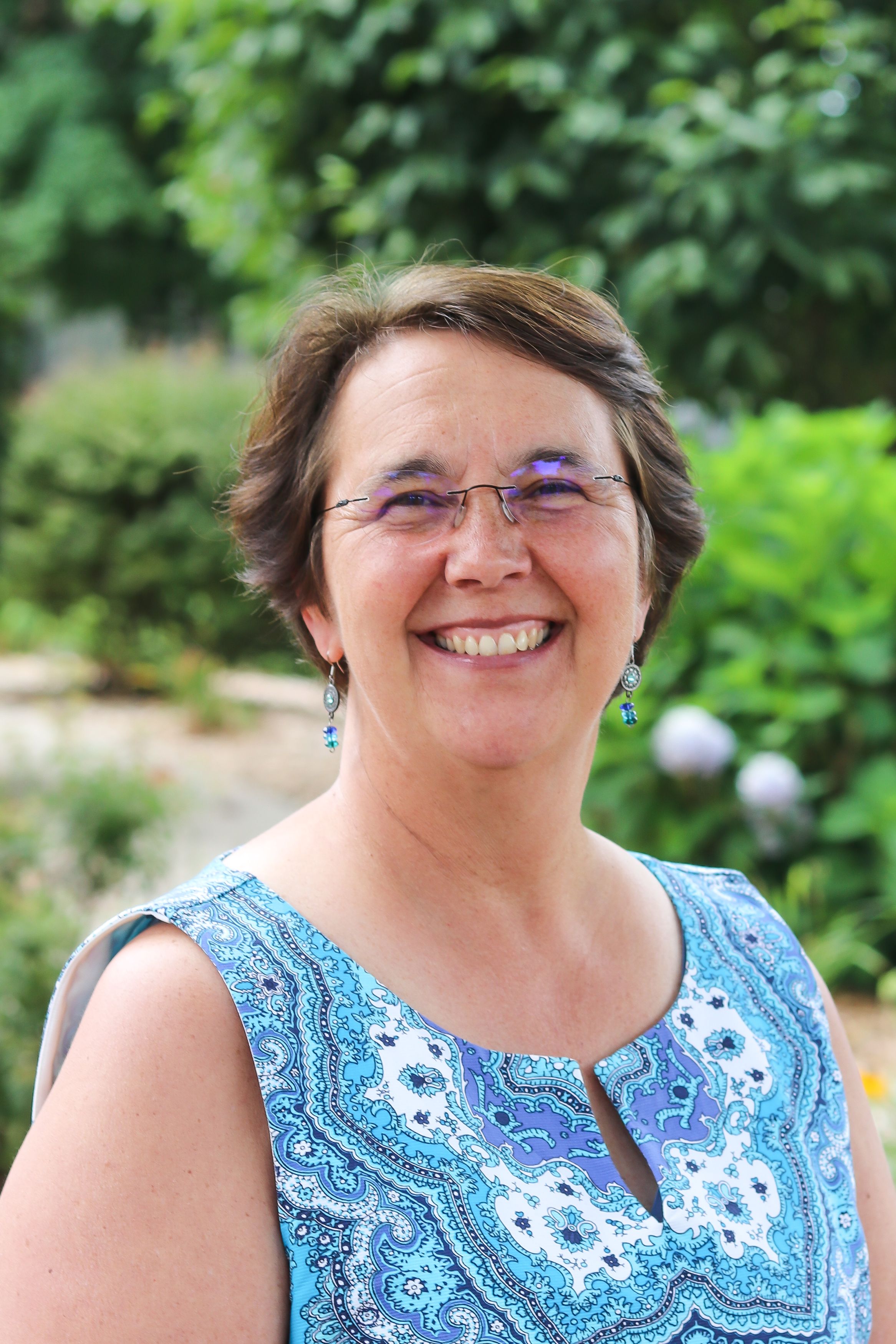 Lilian Mogle is the lower school principal at CHS. She holds a B.S. in Elementary Education from the University of Connecticut and an M.S. in Early Childhood Education from Southern Ct. State University. She has over 30 years of experience in the classroom.
Lilian Mogle is the lower school principal at CHS. She holds a B.S. in Elementary Education from the University of Connecticut and an M.S. in Early Childhood Education from Southern Ct. State University. She has over 30 years of experience in the classroom.
Honors Art: Process Over Product
Art is personal. It showcases skills and communicates an idea. Students will never be asked to display a test, but an art project will always be on display for others to see. This can be daunting for some, even students in Honors Art. To eliminate the paralyzing fear of imperfection, students are encouraged to adopt the mindset of process over product.
On the first day of class, I showed the students a photo of an artwork and asked them what they thought of it. Most students' initial reactions were what I expected them to be– not impressed. After I shared the story behind the artwork the students' opinions changed. The lesson was: Not everything you create in your lifetime will be wall-worthy, but that doesn’t mean the time you spent creating those things was meaningless. Students were excited to handle the original artwork, a Pablo Picasso, during our time with the traveling collection of Christian Thomas Lee.

Students often assume that they need to be a talented artist to enroll in Honors Art. While Honors Art does require some foundational skills, students have quickly learned that engagement is the key to success, not innate talent.
The Honors Art curriculum encourages students to build on and combine foundational skills learned in their introductory courses. Students are given significant creative freedom and are asked to wrestle with thought-provoking prompts. This year’s students are being asked questions like “How can I visually communicate parts of my identity?” and “If Jesus were here today who might he be hanging out with and what might he be doing?”. These are difficult questions to answer on a canvas, but CHS students do one thing exceptionally well in my classes: encourage.
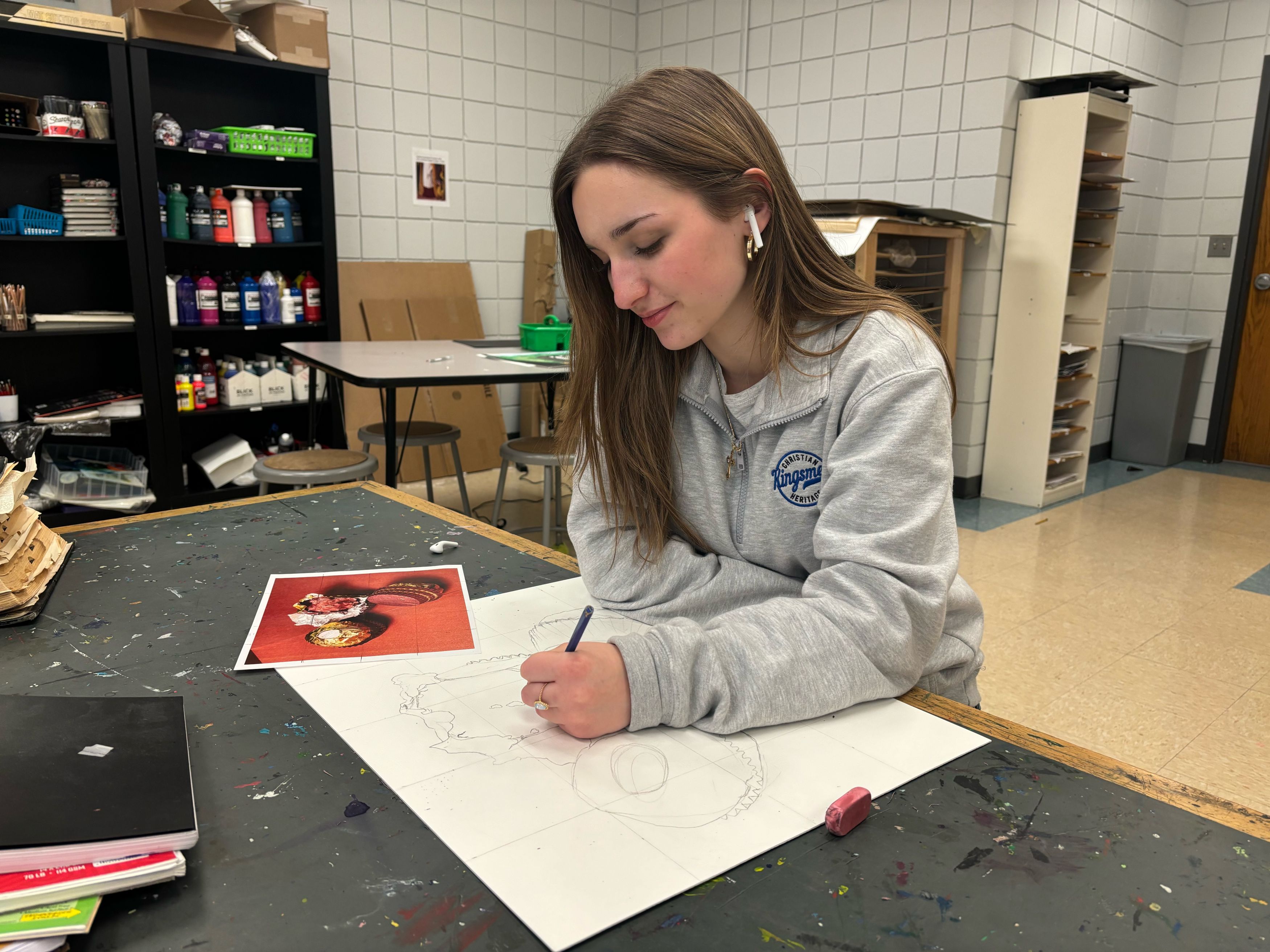
I like to believe “all together now” is a phrase that captures the spirit of the art room. Brainstorming, praising, suggesting, and questioning are ongoing during class. Students are challenged to critique (and receive critique) each other's projects in a kind and respectful manner– a skill every adult needs in the working world. During our first critique of the year (an altered self-portrait) I heard a few variations of my favorite phrase: “This turned out better than I thought it would” and “This was not as scary as I thought it would be”, enforcing my belief that by adopting the mindset of process over product, the product will ultimately be more successful because of the work it took to get there.
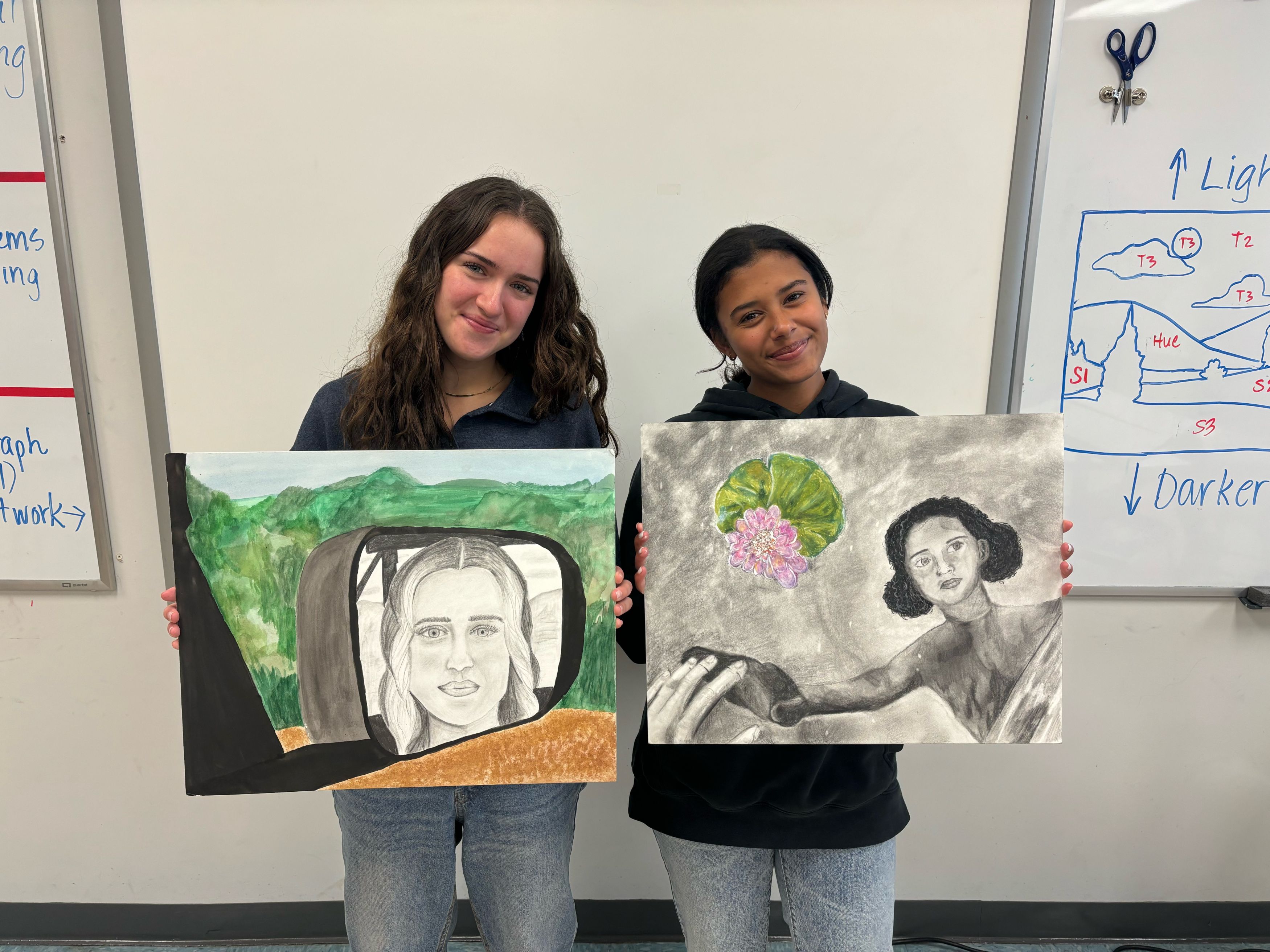
Honors Art students will display their work in a special exhibit at this year’s K-12 art show. It is my hope that the intentionality of each student’s work will be evident to the public. Everything done in the art room is for the glory of God and is a reflection of our innate desire to create, given by and inspired by God’s love for creation.
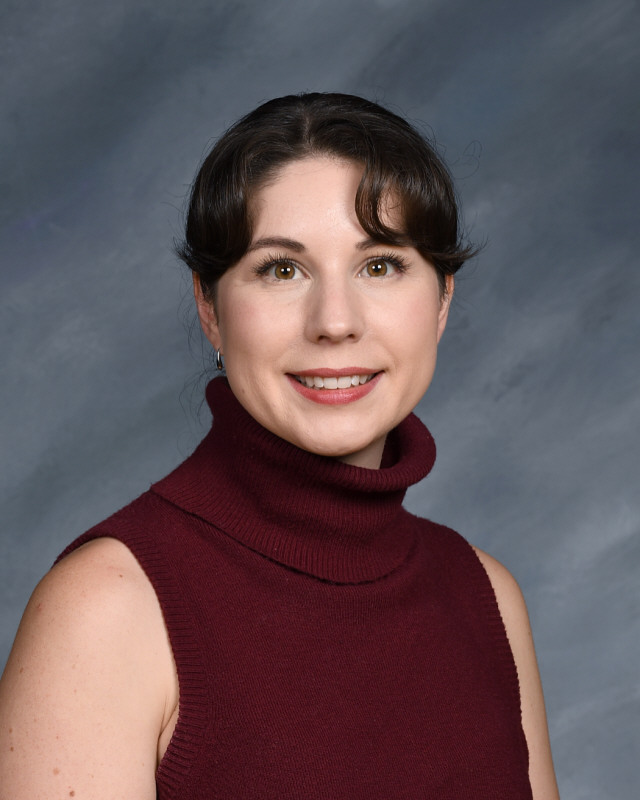
The Leadership Cohort: Learning to Lead Well
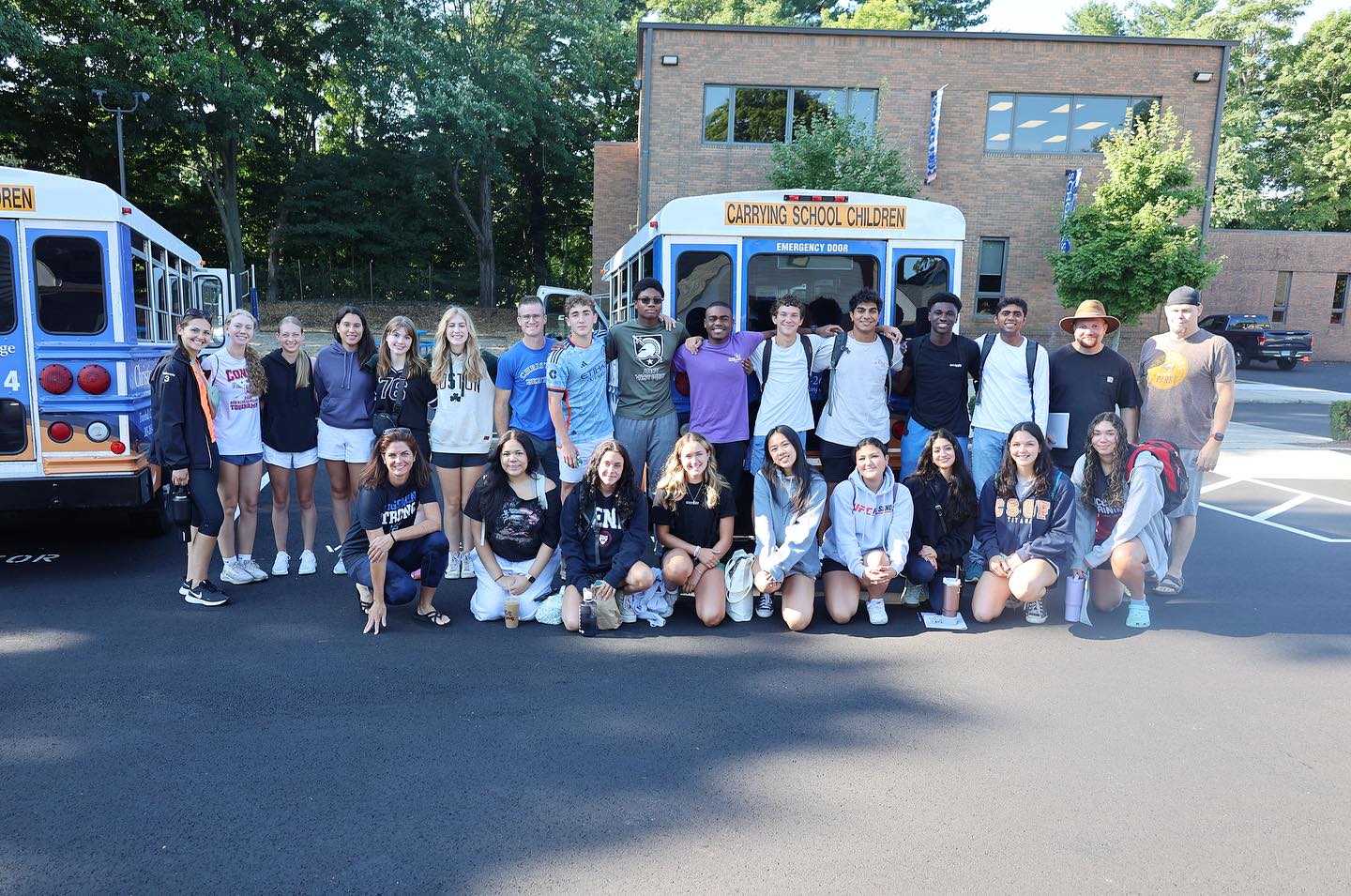
Leading well is hard.
Throughout the years, I’ve come to realize this more and more. Within the many different roles I’ve had, it is tempting to think, “I could do it better.” However, when we take on a leadership role, it’s actually one of the hardest things to do well. You can’t lead if others don’t follow, it can be very lonely and when you're on the outside, decisions seem as if they are very clear, but in the midst, it can be very muddy.
About 5 years ago, I was coaching some teams at CHS and realized that my captains struggled with knowing how to lead well, and I knew we were not the only team facing this. Chappy (Mark Persson, CHS Chaplan) and I were talking about this one day in my 4th grade classroom. As it turns out, he was drawing the same conclusions with other student communities. Out of this need, came the beginnings of the vision for what is known as the Leadership Cohort.
The Leadership Cohort is a group of students who have a desire to learn to lead well in many different areas of school and life. It is the hope of the Cohort to help students grow into leaders wherever they are placed. They work to lead out of their giftedness while understanding that the Bible provides the guidebook. Many people equate leading with a position, but the reality is we are called to lead wherever we are placed in many different ways. Matthew 20:26 and 28 says, “...But whoever would be great among you must be your servant….” and “...even the Son of Man came not to be served but to serve and give his life as a ransom for many.”
The Leadership Cohort believes that in learning to lead, students need to be poured into and given opportunities to live it out.
The first is the need to be discipled. Having adult mentors pour into students with a focus on leading from a biblical perspective is imperative for growth. Students need to have a safe place to ask questions, reason through making decisions and especially learn how to engage in conflict with forgiveness and restoration as the goal. We do this through morning meetings and lunch meetings with small groups.
The second is a need to serve. This year, the group has partnered in places all around the school to provide support and leadership. This included working with the student government to assist in providing the school with excellent and engaging activities. The idea was NOT to create MORE but to create BETTER. We do so many great activities at the school, why not join in with what we are already doing.
The final focus is to lead in community. Getting out of our comfort zones, building new relationships, and gaining new experiences help our students to grow and learn new things about themselves and others. Incorporated into this is a retreat involving activities that might be uncomfortable, such as hiking, swimming, or rafting. It also includes solitude, teaching by our leaders and worship. When we are challenged physically, emotionally and spiritually, it gives us an opportunity to be vulnerable before God and others, creating space to grow as God would have us.
This vision never fully matches reality. But in many ways, reality is much sweeter. If we expect perfect leaders, we get self-righteousness. What we are working to develop are repentant leaders. Because, when we fall and get back up by God’s grace, we rise more humble and more bold than before.
Leading well is hard, but working to lead well is well worth it.

This is Coach Katie Levis’s third year in her role as Athletic Director, and she is also the Varsity Girls Lacrosse Coach. Prior to that, she was a classroom teacher at CHS for 4 years, as well as coaching in the volleyball and basketball programs. Coach Levis has coaching experience at the middle, high school and college level along with working in an athletic department at previous schools.
When It Comes To Learning, More Is Better. It Just Depends On What The "More" Is.
Is more always better? It depends, of course. More hot fudge and whipped cream? YES! More traffic on the Merritt? No thanks. When it comes to learning, more is better. It just depends on what the “more” is.
Research identified various learning styles, or modalities, decades ago. You might identify as a visual learner, enjoying graphics and pictures, or you might feel you get more out of an audiobook than you do turning pages.
The truth is that we may have preferred learning methods, but science also shows that we shouldn’t learn everything in the same way. Depending on the content, we should experience all the different learning styles.
Yes, you might like learning through visualization, but is watching a soccer game more impactful than being on the field and playing? Will you get more from reading a script or from sitting in the front row listening to our performers belt out their lines? Do you get the same experience hearing about someone’s beach trip versus feeling the sand in your toes and smelling the fries from the boardwalk yourself?
Like muscles in our body, our brain needs to have all of the various modalities stretched, trained, and put to use.
At Christian Heritage School, we know and understand the importance of training the brain. Matthew 22:37 tells us we are to love the Lord with our hearts, souls, and minds. So, how do you train a brain? It's easy — with variation.
We design our elective programs to stimulate the contemplative student, the creative student, the competitive student, the engineer, and the musician. And here’s the secret- I just described one child. Our students aren’t simply right or left-brained, pigeonholed in one track or the other. In our development of the whole child, we provide opportunities to train in various modalities.
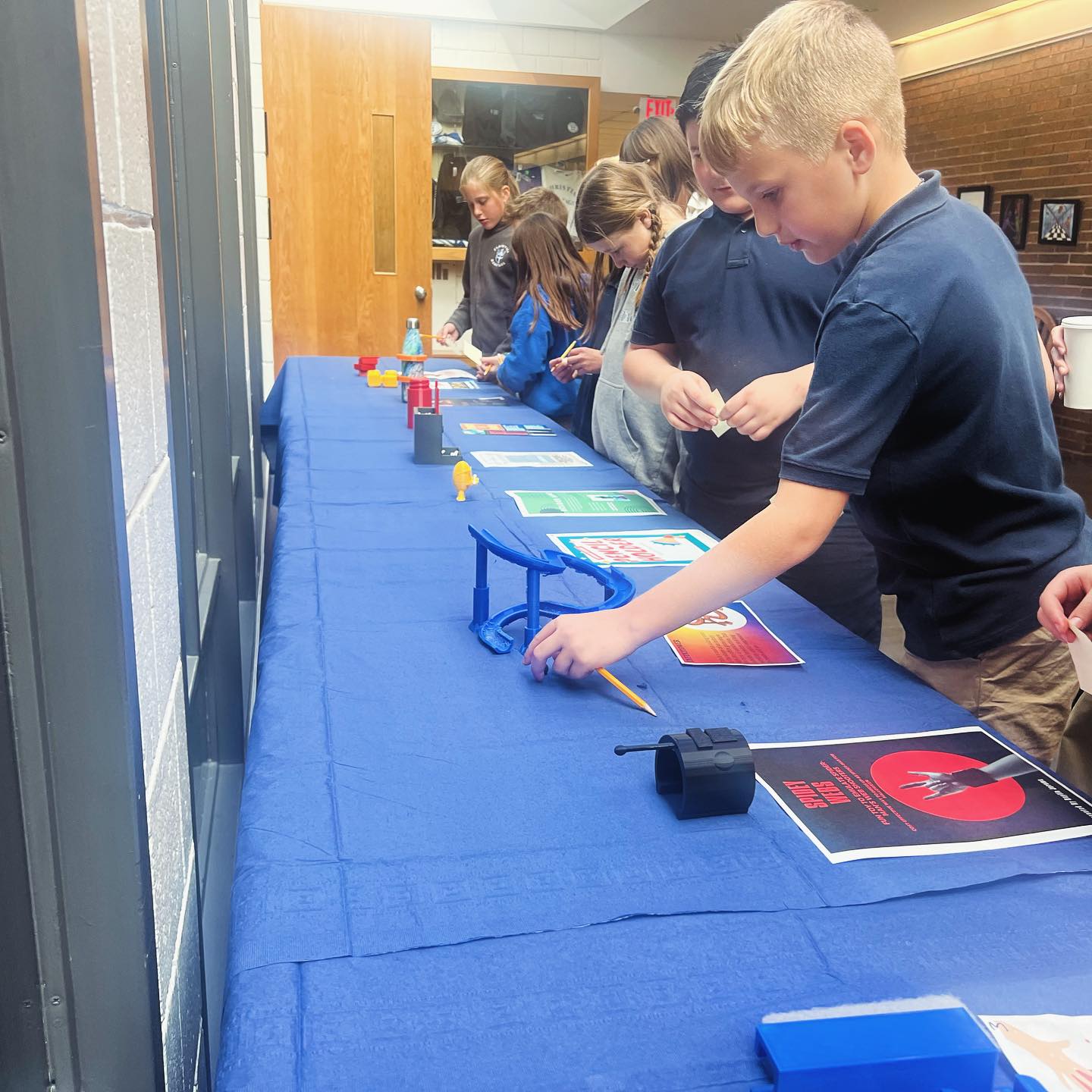
Walk our halls, and you will see a student working on 3D Engineering schematic and 2D drawing project.
Come to a sporting event, and you will see our athletes trade their uniforms in the fall for a prop and a costume in the winter.
Attend our art show and see our student's gifted eyes with their digital photography gallery and gifted ears with digital music playlists.
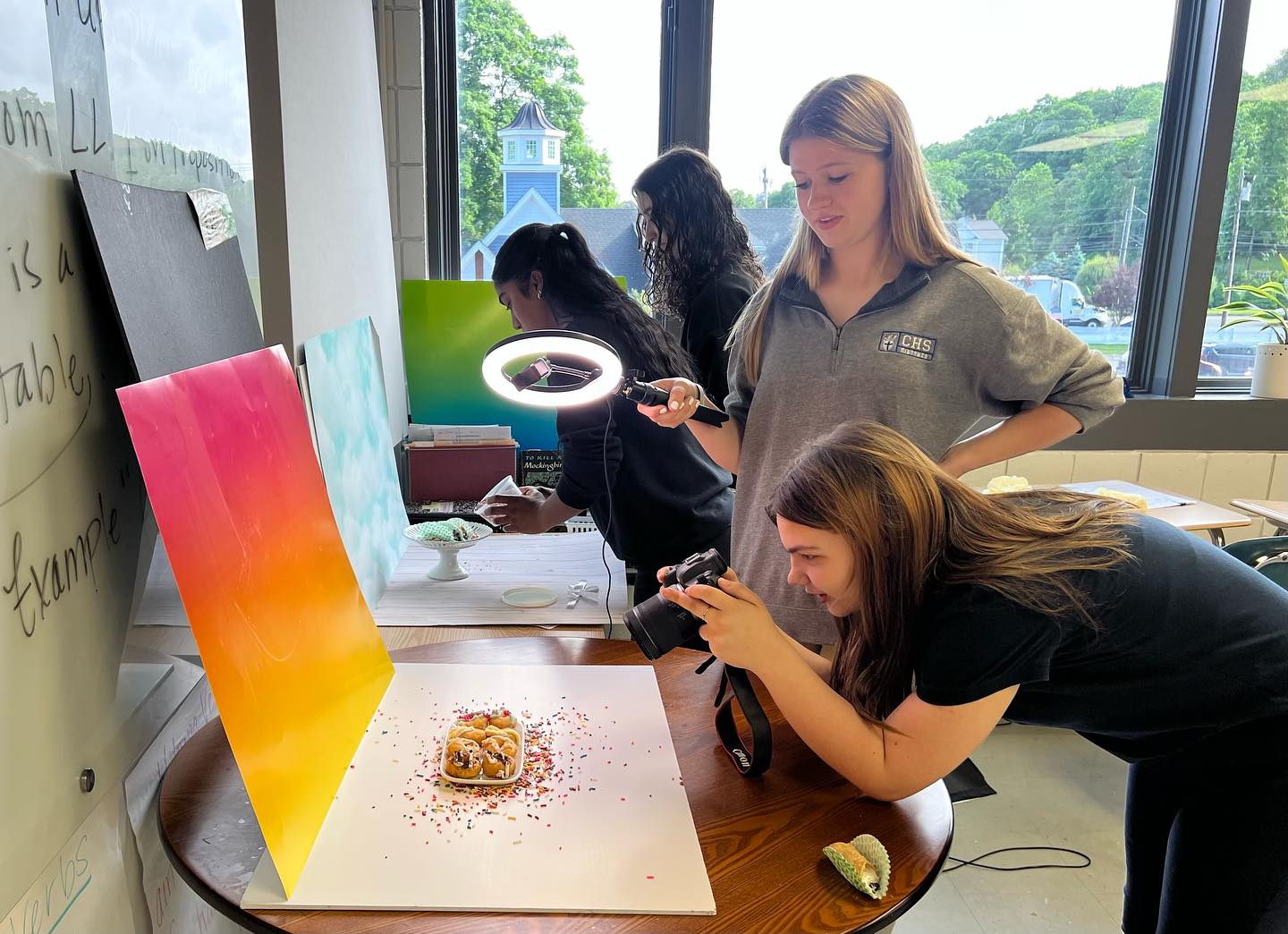
Listen to our students lead a class discussion on Wednesday, then lead our worship band on Thursday.
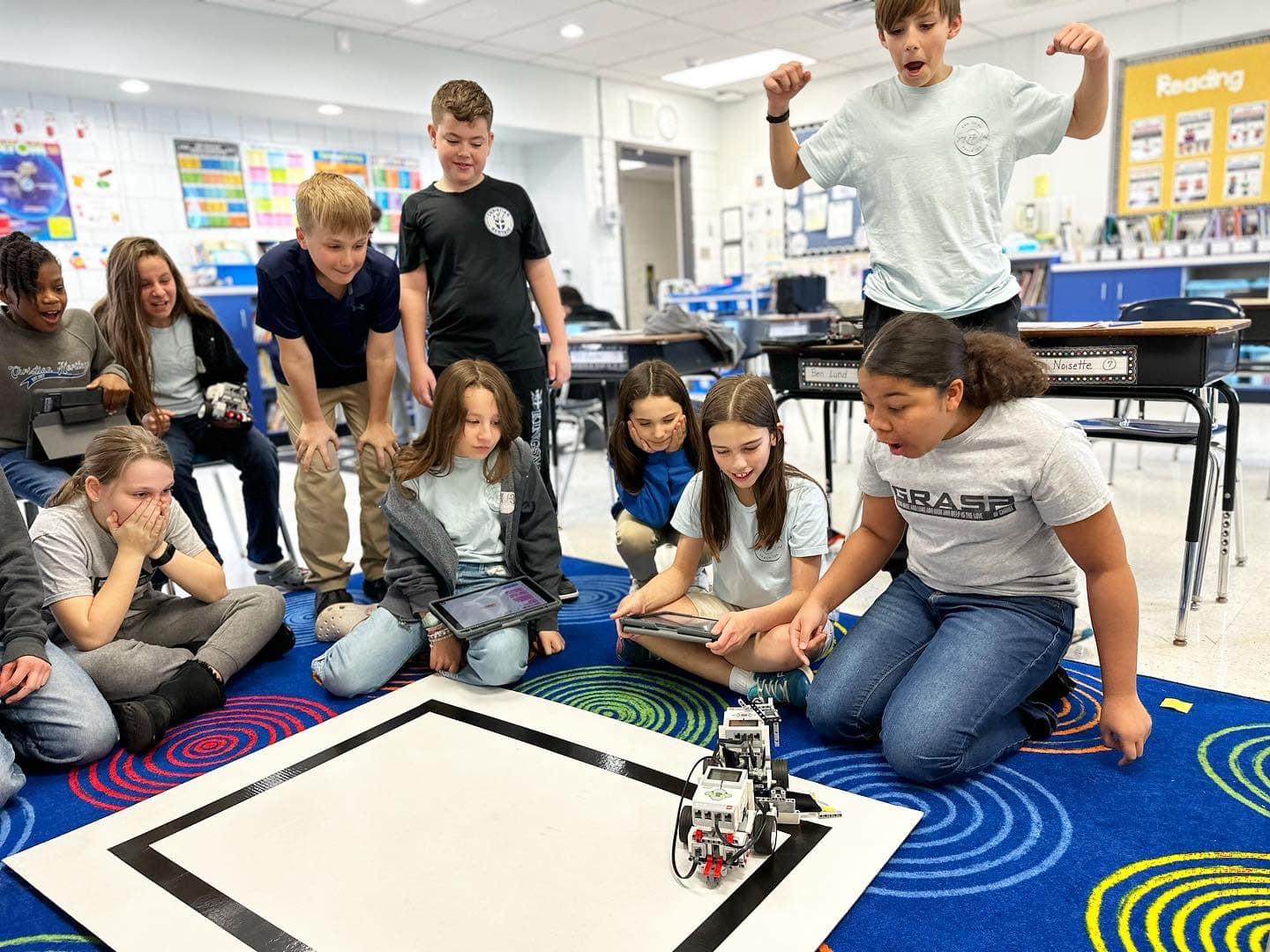
Peek into our science labs and see students testing a hypothesis, then follow those same students to Philosophy class as they discuss Heraclitus.
By the end of a school day, your student will have flexed various parts of their brain, exercised their socialization muscles, and possibly stretched past what they knew they excelled in into areas where they might feel as confident. Our job at CHS is to make sure our programming provides the well-rounded educational opportunities our students need to stimulate and grow their minds, as we have been called to do.
This year our blog posts will be highlighting all of the various ways we do this, from community events to therapy dogs. We will be hearing from our CHS experts on this subject in upcoming blog articles. So stay tuned!

Mr. Karl Simon is beginning his 22nd year in Christian Educational Administration and his fourth year at CHS. He enjoys reading, woodworking, watching the Patriots and Red Sox, and arguing with students who think the Yankees are better. He also coaches at CHS, where he enjoys spending time with kids outside the classroom on windy sidelines and on long car rides to away games. Mr. Simon feels serving as principal of the CHS Upper School is a great privilege, and he enjoys his relationships with his colleagues, students, and families.
Come to the Table - Our Spiritual Theme for 2024-25
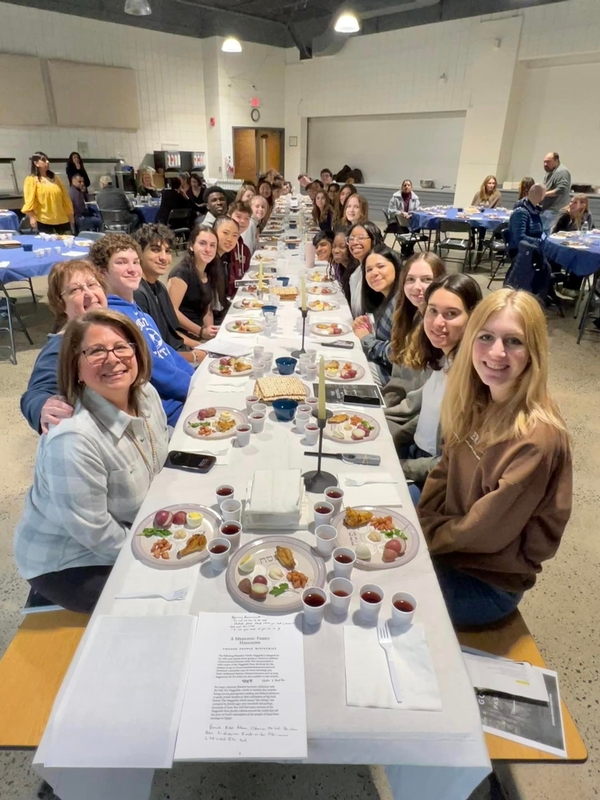
Luke’s Gospel tells us what Jesus came to do. “The Son of Man came to seek and save the lost (Luke 19:10).” But it also tells how He uniquely went about doing it. “The Son of Man came eating and drinking (Luke 7:34).”
Meals matter. Food sustains our bodies. And the people we eat with are usually the ones who sustain our soul. The word “companion” comes from the Latin words “bread” and “together”, because a friend is someone who breaks bread with us.
Jesus ate with everyone – the renegades and the religious; He ate with a few and with the masses, with His best friends and His betrayer.
.png)
Our theme this year is Come to the Table. While this is Jesus’ free invitation of grace to all, it is hard to RSVP “yes”. Accepting this invitation comes with some stipulations. You have to acknowledge you are hungry for something that only God can satisfy. You also have to be okay being in the presence of your enemies at this table, because the grace of Jesus does not play favorites. And you have to eat what is served at the table.
We are going to journey through the book of Luke and stop each time Jesus sits down with someone for a meal. And we are going to learn about grace, humility, and the mission of God. And I pray that we will also live these out in greater measure. Come to the Table.
And we are going to practice this as a community right at the start of the year! On August 29th, we will kick off our first week of school with our annual Dedication Picnic. We share a meal and ask God to sustain us and empower us to learn and love in the year ahead. Then, on September 12-13, we’ll take the high school to HUME New England for our overnight retreat. Again, we will be sharing meals and marveling at the grace of Jesus offered to sinners like us.
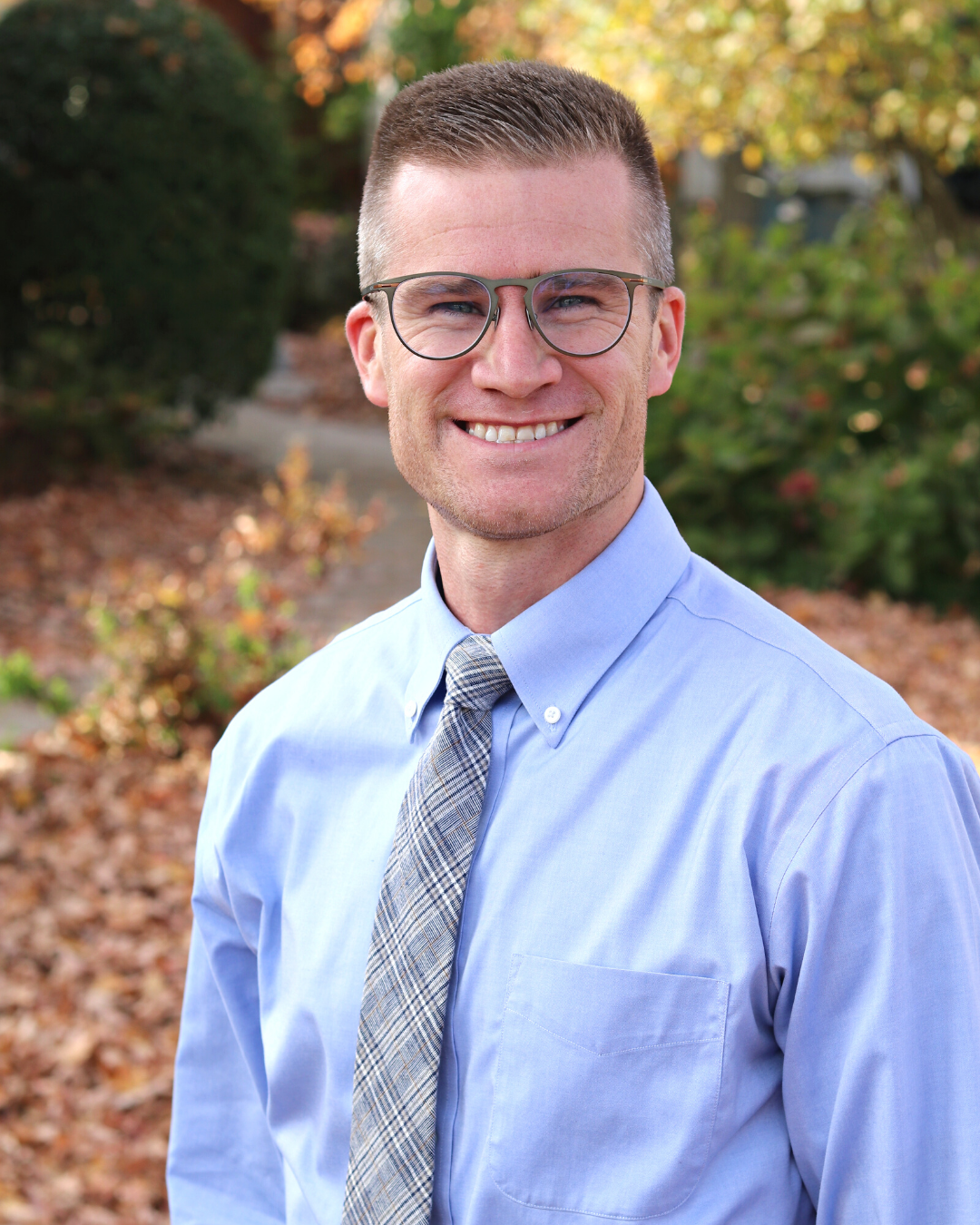 Mark Persson, aka “Chappy P,” is the Chaplain at CHS. He is married to Michelle, and they have three children: Karis (starting Kindergarten at CHS!), Micah, and Asher. Mark likes baking (read “eating”) bread, running, reading, and building forts with his kids. He is an elder at his church. And, he is blessed beyond belief to work alongside the incredible staff and faculty at CHS as they serve students and families!
Mark Persson, aka “Chappy P,” is the Chaplain at CHS. He is married to Michelle, and they have three children: Karis (starting Kindergarten at CHS!), Micah, and Asher. Mark likes baking (read “eating”) bread, running, reading, and building forts with his kids. He is an elder at his church. And, he is blessed beyond belief to work alongside the incredible staff and faculty at CHS as they serve students and families!
Science and Christianity
Much has been made of the conflict between science and Christianity, but the reality is that many of the greatest scientists believed in a Creator and were Christians. As Paul Davies, an agnostic scientist, has noted, "The early scientists were all deeply religious, and they believe that in doing their science they were uncovering God's handiwork…." 1 So in an authentic sense, by studying science, we grow in our understanding of the greatness, power, and love of our God because the universe He has made is spectacular and fills us with awe. As David writes in Psalm 19:1-2, "The heavens declare the glory of God; the skies proclaim the work of his hands. Day after day they pour forth speech; night after night they reveal knowledge." Moreover, when we consider the habitat God has crafted for human life here on Earth, God's love is made manifest in our lives. In my personal faith journey, as I have grown in my understanding of the laws of physics, the fine-tuning of the universe, and the mechanisms and processes of life, I have grown correspondingly in my love and reverence for God.
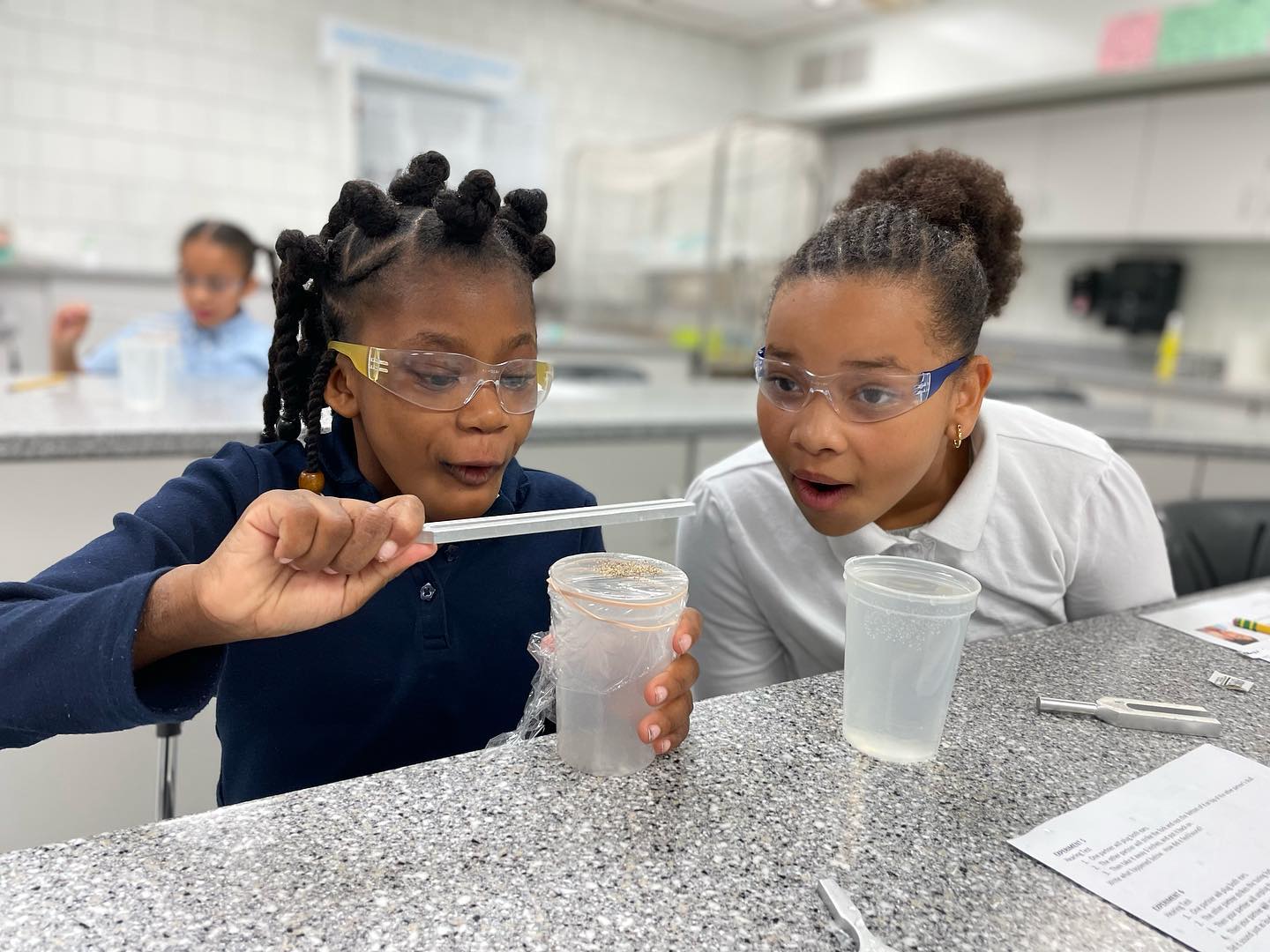
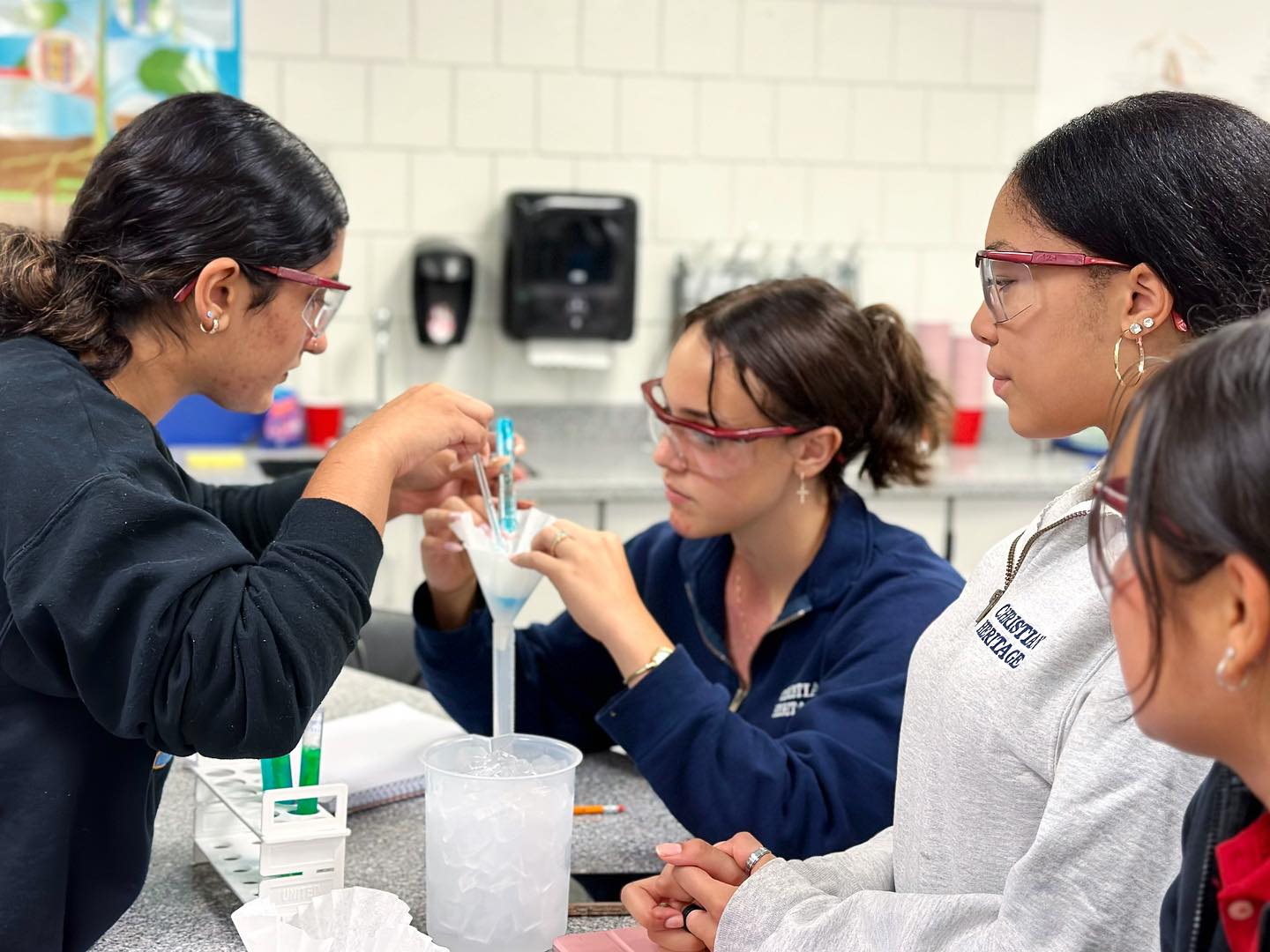
So, for our students, the study of science is the opportunity to engage in their own self-discovery of the greatness of our God revealed in all that he has made. But the study of science has many other benefits. It is a powerful tool for developing intellect and reasoning skills, and it is an engine of human advancement that has provided technology and many benefits, comfort, and longevity to our lives. At CHS, students study three main scientific disciplines: biology, chemistry, and physics. Many students take advantage of our dual enrollment college-level courses in physics and biology. Electives, including anatomy and physiology, astronomy, and engineering design with 3D printing, round out our offerings.
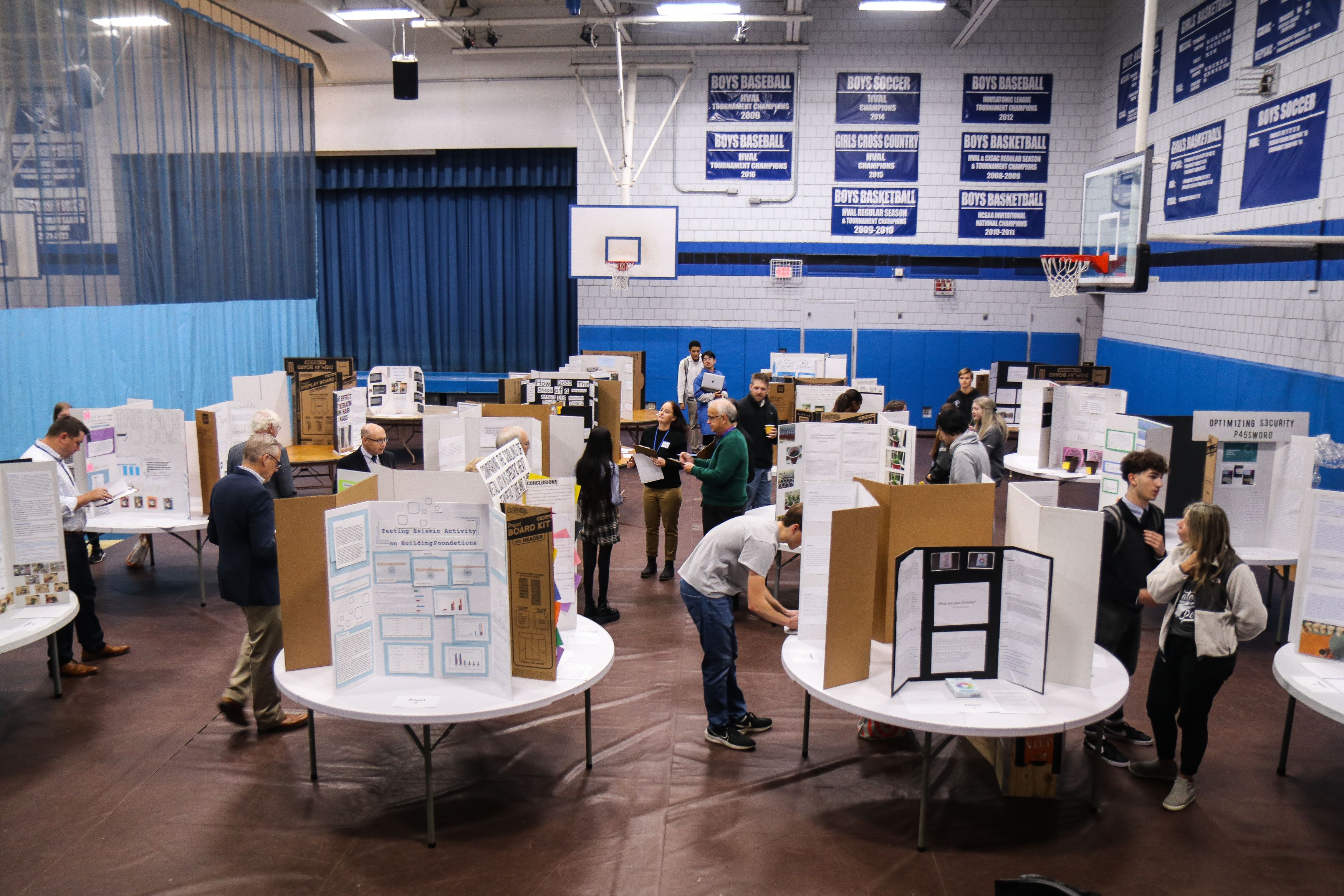
Our annual science and engineering fair has proven to be an excellent vehicle for allowing our students to engage in guided scientific exploration of their own. Students begin by finding an area of interest and formulating a hypothesis or design goal. They then proceed to complete their project over ten weeks. Along the way, students must meet milestones and produce experimental results, scientific conclusions, and a final report, culminating in a presentation to knowledgeable judges. Thus, our science fair is one of the best ways for our students to learn how science and engineering are conducted in the real world, how to explain their work, and how to make presentations. With the science fair, opportunities for developing essential life skills abound.
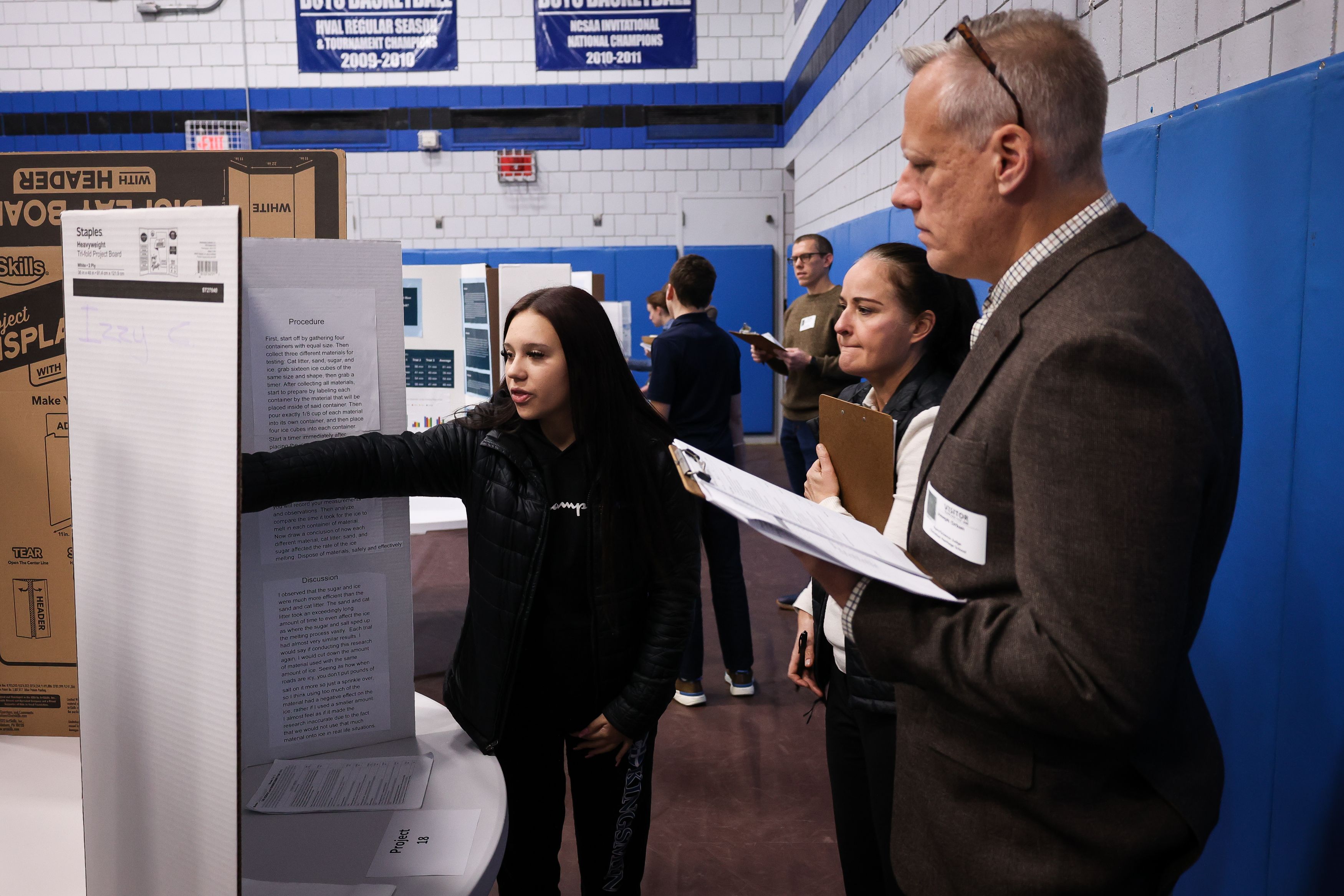
Since 2012, CHS has competed for cash, prizes, and scholarships at the Connecticut Science and Engineering Fair hosted each year in March by Quinnipiac University, where about 500 of the best projects statewide are judged by highly qualified judges with backgrounds in science, engineering, research, and academics. The results our students have achieved are awe-inspiring. Each year, our students have garnered significant cash awards ranging from $25 gift cards to $500 cash awards, numerous plaques, trophies, and medallions, and several large college scholarships. The University of New Haven awarded one scholarship to Taryn Marshall for $80,000 over four years. Students who entered their CHS science projects into other state and national competitions have also achieved notable results. Rachel Brooks entered her CHS junior science fair project into the Connecticut Junior Science and Humanities Symposium and was awarded first place. Amazing as it sounds, Rachel submitted her work to the prestigious medical journal Rheumatology (the official journal of the British Society for Rheumatology published by Oxford University Press), which published it on January 7, 2021! Rachel went on to study at Princeton University. The following year, Benjamin Li, one of our brilliant Chinese exchange students, submitted his work to the Regeneron Science Talent Search and was named a Regeneron STS Scholar for 2022, an award given to only 300 students nationwide. Benjamin now studies at the Massachusetts Institute of Technology.
Our CHS Science Fair engages students in the hands-on study of God's glorious creation. It cultivates taking initiative, reasoning skills, and perseverance, all things that can be used to bring glory to our God. Moreover, it encourages our students to pursue careers in science and science-related fields, medicine, and the many engineering disciplines, all with the enthusiastic encouragement of their CHS science teachers along the way. To God be the glory!
1 "Faith and Reason," program transcript, PBS, accessed December 1, 2023, https://www.pbs.org/faithandreason/transcript/margaret-frame.html.
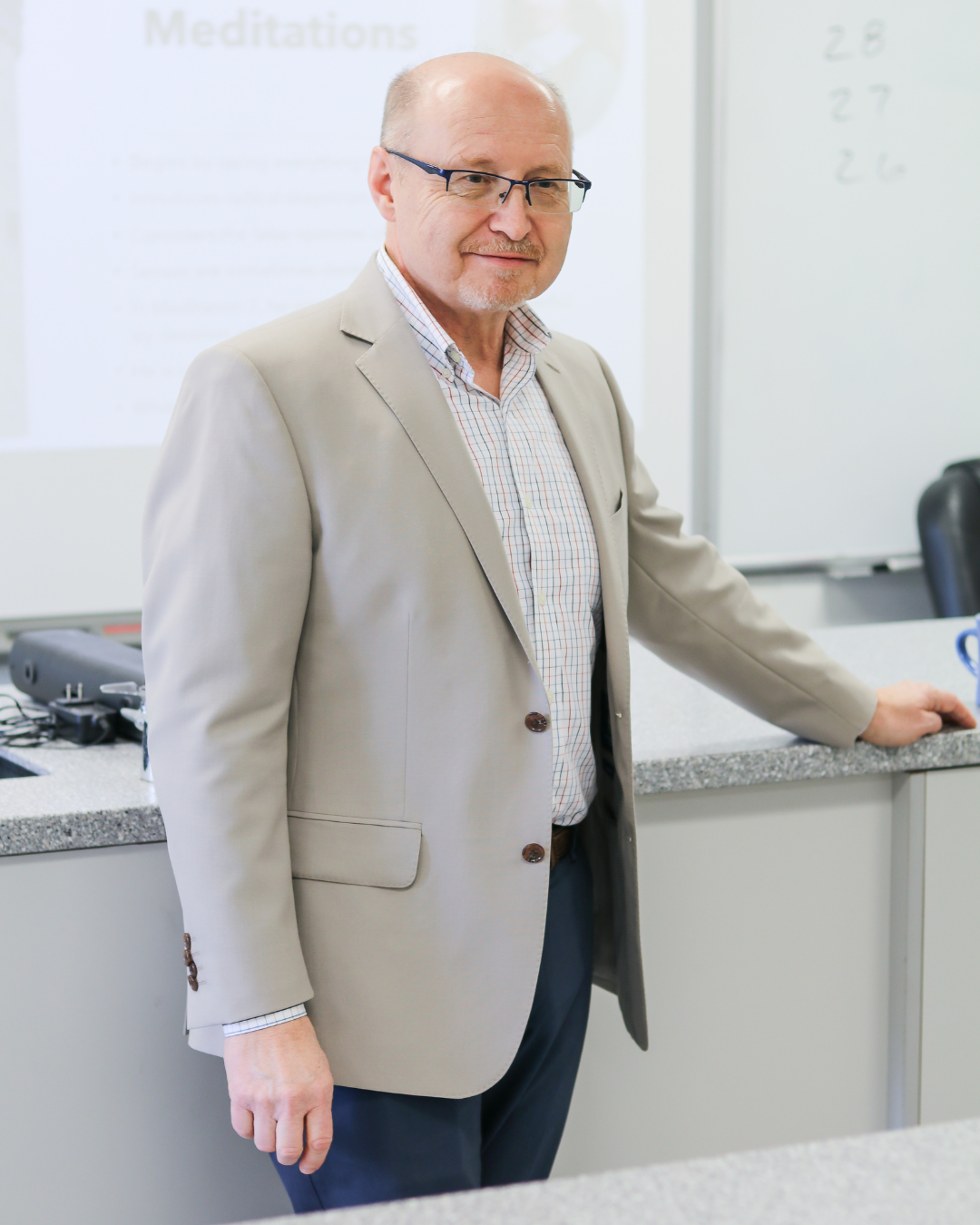 Daniel Cote is the Science Department Chair at CHS. He teaches science, philosophy, and apologetics. He has a passion for encouraging students to consider science as a career and has been doing so at CHS since 2009. He is also a pastor and the founder of Multimedia Apologetics, an apologetics website ministry explaining and defending Christianity whose primary goal is evangelism. He greatly appreciates the opportunity to teach apologetics to CHS seniors. He holds a BS in Mechanical Engineering from the University of Maine, an MS in Electrical Engineering from the University of Bridgeport, a Master of Ministry in Apologetics from Southern Evangelical Seminary, and a Doctor of Ministry in Theology and Apologetics from Liberty University. Dan is the author of Jesus Is God and Savior: How Prophecy, Science, and History Affirm the Truth of Christianity.
Daniel Cote is the Science Department Chair at CHS. He teaches science, philosophy, and apologetics. He has a passion for encouraging students to consider science as a career and has been doing so at CHS since 2009. He is also a pastor and the founder of Multimedia Apologetics, an apologetics website ministry explaining and defending Christianity whose primary goal is evangelism. He greatly appreciates the opportunity to teach apologetics to CHS seniors. He holds a BS in Mechanical Engineering from the University of Maine, an MS in Electrical Engineering from the University of Bridgeport, a Master of Ministry in Apologetics from Southern Evangelical Seminary, and a Doctor of Ministry in Theology and Apologetics from Liberty University. Dan is the author of Jesus Is God and Savior: How Prophecy, Science, and History Affirm the Truth of Christianity.
AI Technology
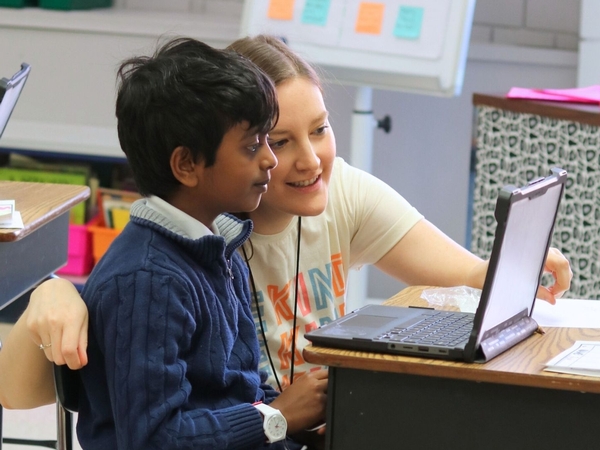
Like any new technology, artificial intelligence has brought new opportunities and ethical questions into our lives. Is it okay to click the automated email reply that says essentially what you would have said? Is it fine to let an algorithm clean up your grammar and syntax? How about letting your new car drive for you? None of these questions are going away, so we need to acknowledge their ubiquity and learn how to respond well to them.
Schools everywhere are scrambling to respond to AI programs like ChatGPT, especially when it comes to academic accountability. Programs like these respond to prompts by gathering information from all over the internet and synthesizing it in a unique way that replicates human writing. At this point, the writing may be a little stiff—and some of it may be erroneous or irrelevant—but much of it is accurate and decently written.
This makes plagiarism of various kinds easier for students, and much harder for teachers to detect (since each AI response is essentially a unique language event). When I reached out to my fellow AP Lang teachers on Facebook to share their strategies for managing this new challenge, I received about fifty thoughtful and varied responses! Clearly, there is no standard protocol for teachers right now, although there are many good practices.
At CHS, we as educators are committed to learning more about AI, and, as always, we will set clear expectations with our students. It is not enough for us to say, “Don’t ever use AI!” Instead, we must teach students how and when to use these technologies. For example, ChatGPT might be a perfect resource for a student searching for a new book or research topic, but it should not be used as a writing aid for an essay draft.
.jpg)
Since AI detection is much more challenging than traditional plagiarism, we will also be teaching students to authenticate their own writing (via citations, Google Doc drafts, accountability systems like Turnitin.com, etc.). Originality and academic accountability have always been important in the writing process, but now they will be even more central.
As technologies like AI continue to evolve, we teachers at CHS are adapting to the challenges and opportunities they present. ChatGPT and other models of AI were just released for public use last school year, and we experienced some of our first student incidents with them in the final few months of school. So far this school year, we have had a full PD training session about AI, all upper school teachers have created ChatGPT accounts, and some teachers are already finding appropriate ways to incorporate AI into lessons and assignments. There is certainly more to learn, but we are well on our way.
Helpful Link for Parents: https://www.technologyreview.com/2023/09/05/1079009/you-need-to-talk-to-your-kid-about-ai-here-are-6-things-you-should-say/
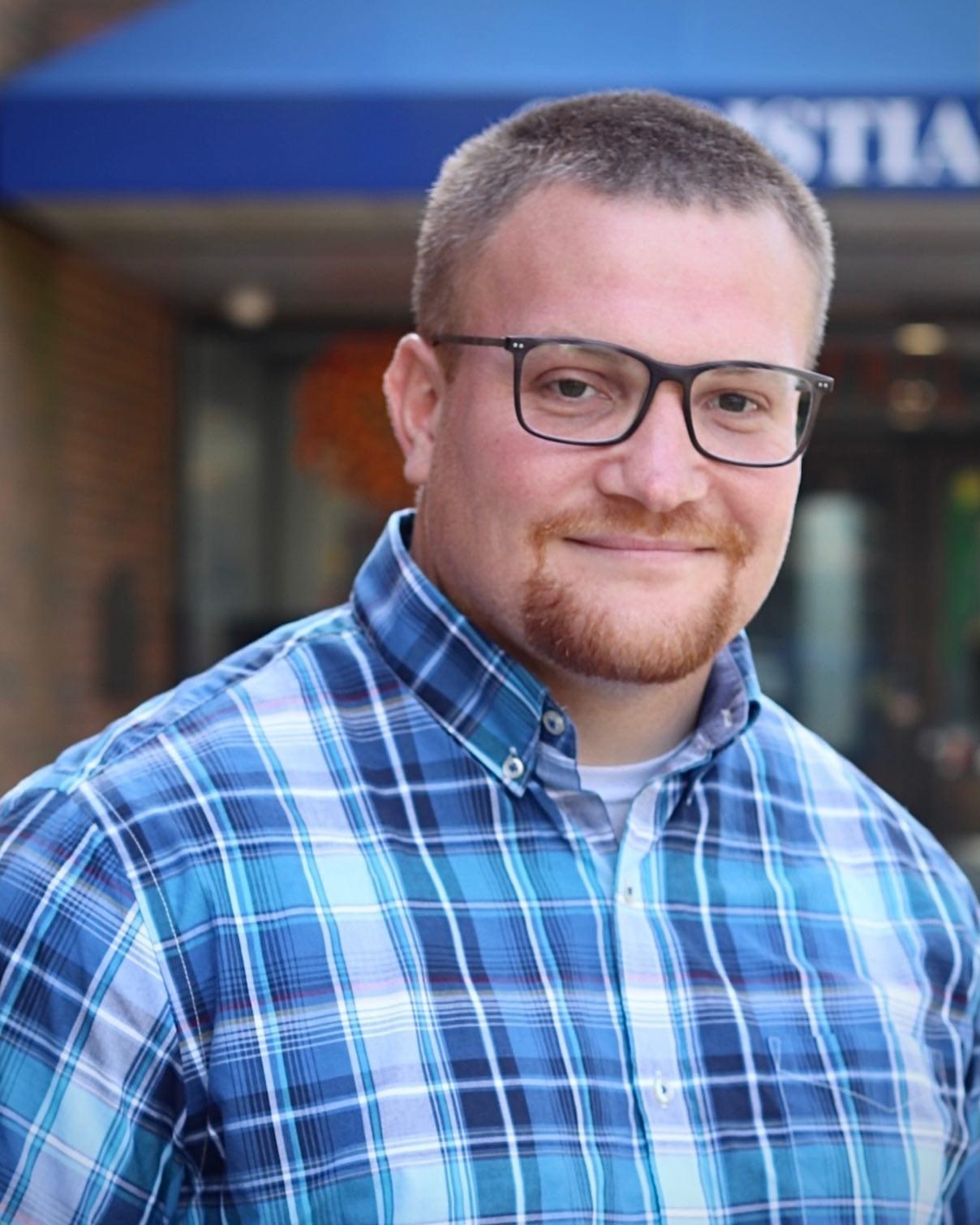 Benjamin J. Chase is the English department chair at Christian Heritage School, where he has been teaching since 2010. He is a Connecticut native with an MFA in Poetry from West Conn. His poems have appeared in many literary journals over the years, and his first book of poetry, Here to See It, was published by Kelsay Books in May 2022. He lives with his wife Cristina and son Levi in Monroe, where they attend Stepney Baptist Church.
Benjamin J. Chase is the English department chair at Christian Heritage School, where he has been teaching since 2010. He is a Connecticut native with an MFA in Poetry from West Conn. His poems have appeared in many literary journals over the years, and his first book of poetry, Here to See It, was published by Kelsay Books in May 2022. He lives with his wife Cristina and son Levi in Monroe, where they attend Stepney Baptist Church.
Test Taking Strategies
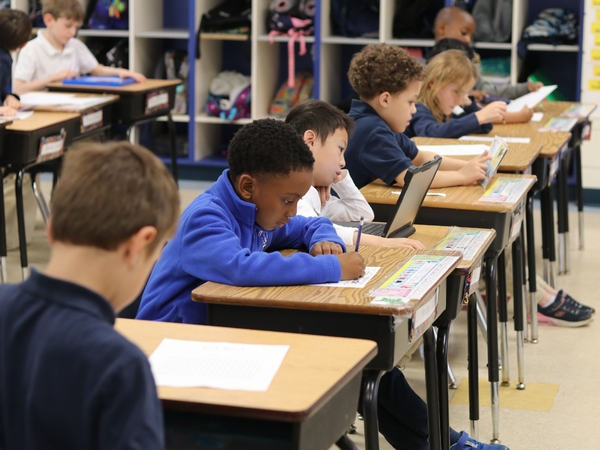
UPCOMING TEST: Plan to Study
Fall Greetings CHS community: For those who are new to Christian Heritage School, I pray you are beginning to feel a bit more settled into our community. Academic classes are into a good routine by now and homework has begun. A first test or quiz most likely has happened in your child’s class. As grades are beginning to be entered into the gradebook, some students may begin to feel a bit anxious or overwhelmed.
If your child indicates that they may feel unsettled or even expresses some anxiety about an upcoming test, it is key to think through strategies for good test preparation. It is most helpful for you as their parent or guardian to put things into perspective. Your child needs to know that it is important to do well in school, but a single test or quiz will not determine his or her future. There will be more opportunities. Your child also needs guidance in learning how to prepare for tests in ways that will reduce test anxiety.
.png)
Step 1: Put a plan in place (throughout the semester)
- Pre-read your textbook before class. (This especially pertains to the more advanced classes.)
- Read notes after class even on nights without homework. (Rewrite anything you might not understand.)
- Reach out to your teacher for extra help (schedule an appointment during their office hours)
- Prepare and review notes
Step 2: Put a plan in place (the week or two before the test)
- When a review sheet is provided, complete it (start on it the day you receive it!) and use it to study.
- Reach out to your teacher for help on any questions that you’re stuck on, and physically write out your answers and explanations for anything you did not understand.
.png)
Step 3: Put a plan in place (the 24 hours before the test)
- Get a good night’s sleep. Your ability to think clearly and to deal with possible test anxiety improves with good sleep.
- Eat something to help with focus and attention.
- Stay hydrated.
- Remember you have prepared, and now is not the time to worry.
Step 4: During the test!
Now is the time to SHOW WHAT YOU KNOW!
- Be prepared to run into a few questions you aren’t sure about. Know that it’s going to happen, and don’t panic when it does.
- If you feel anxious, PRAY! Philippians 4:6 - “Do not be anxious about anything, but in every situation, by prayer and petition, with thanksgiving, present your requests to God.”
- Breathe deeply to calm your “fight or flight” response. (You learned about “box breathing” in Chapel recently. Use this!)
- Focus on YOUR work. It doesn’t matter if others are working at a faster (or slower) pace. Take the time YOU need!
- Do your best, check over your work, and turn it in. You can learn from your results when you get them back, but you did your best. It’s time to relax a bit!
By reviewing these pre-test strategies you may have discovered new ideas to help your child to add to what they already use.
One of the most important keys to success in test preparation is having the discipline to do what you know you should do, even when you don’t feel like doing it. Encourage your child to develop productive test preparation skills, a plan for dealing with anxiety during the test, and an ability to keep a proper perspective on this test in the grand scheme of things.
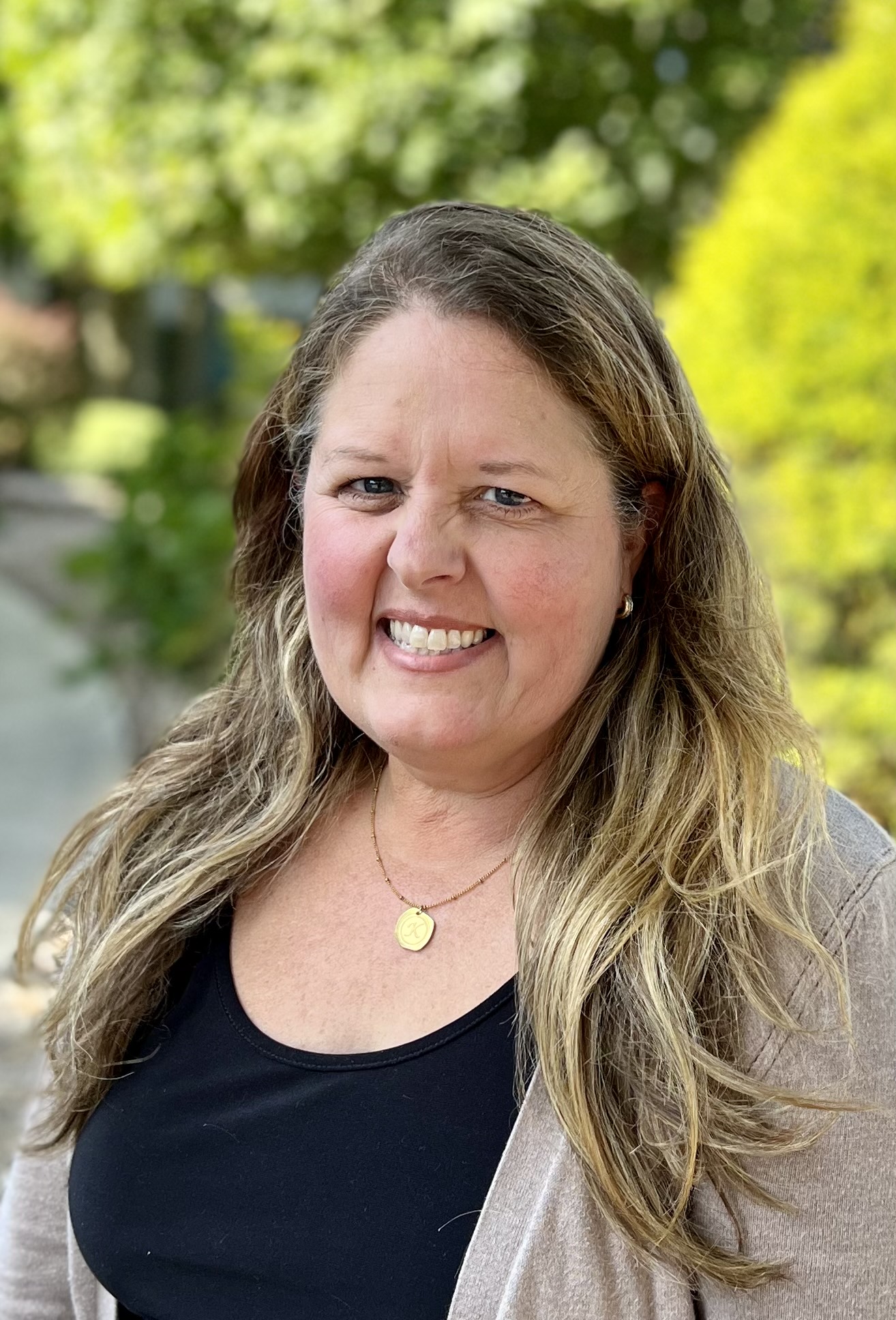 Kim Haggerty, an alum of CHS, received a Bachelor of Arts degree in education from Wheaton College right outside of Chicago. She began her career in Special Education in the Westport School system; the Lord led her back to CHS to join the staff as an elementary teacher. Mrs. Haggerty is beginning her 9 th year in her current position directing the Student Academic Services program overseeing grades K-12. She is a part of a wonderful team who help support students and their families to assist in their development to reach their full potential as lifelong learners. She absolutely loves what she does and enjoys building relationships with CHS students and their families.
Kim Haggerty, an alum of CHS, received a Bachelor of Arts degree in education from Wheaton College right outside of Chicago. She began her career in Special Education in the Westport School system; the Lord led her back to CHS to join the staff as an elementary teacher. Mrs. Haggerty is beginning her 9 th year in her current position directing the Student Academic Services program overseeing grades K-12. She is a part of a wonderful team who help support students and their families to assist in their development to reach their full potential as lifelong learners. She absolutely loves what she does and enjoys building relationships with CHS students and their families.
Academic Counseling: Guiding, Supporting, Advocating
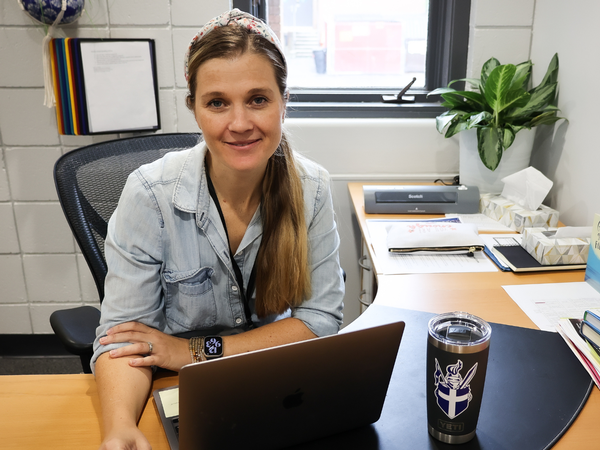
Hello friends,
For those of you who haven’t met me yet, I am Beth Maree - the new Academic and College Counselor in the Upper School at CHS. I hail from sunny South Africa - undoubtedly one of the most beautiful countries in the world. How my family ended up in the United States (and snowy Connecticut!) is a story for another day - but joining God’s story for our lives has been surprising and beautiful.
According to a study by the Fuller Youth Institute1, there are 3 Big Questions that change every teenager; Who am I? (The Question of Identity), Where do I fit? (The Question of Belonging) and What difference can I make? (The Question of Purpose). Teenagers are a walking bundle of questions, and yet all of the questions that are asked can be filtered down to these ‘Big Three’. At CHS, we encourage questions, guiding our students towards Christ-centered answers.

As they navigate these (sometimes debilitating) questions, trying to figure out who they really are, we casually ask them to please, pick a future! Deciding what to do after graduation can be completely overwhelming for students AND parents - but it doesn’t have to be.
- Firstly, because we don’t write our own story - we seek to join God in the story that He has for us. There is a freedom and a reassurance that when we lean into God, pray, ask advice from Christians we trust in our community, and then do the hard work of knocking on doors - we can trust our loving Father to guide us.
- Secondly, our hope is that you feel supported on this journey - that’s where I come in! Ask questions, research, pay attention to emails regarding deadlines - and if we don’t know the answer, we’ll find out together! We were made to be in community for this purpose. It is my pleasure and my passion to support our students as they explore what life after graduation might look like for them!
- Lastly, take advantage of information evenings - we have a fantastic College Fair coming up on Wednesday, Oct 4th. Come along with your teen to explore what other colleges have to offer! Register here to receive a unique barcode that will match you up with colleges that might fit your priorities best (or simply just arrive!). Come armed with questions and an open-mind.
As your teen progresses through the grades of the upper school, they will be seeing more of me as we partner together on their academic journeys - encourage your teen to stop in and say hi if they haven’t done so already. We believe that excellence in education is when we do everything we can to enable our students to become everything God has made them to be… at school, and into life post-graduation.
1 3 Big Questions that Change Every Teenager, Powell and Griffin, 2021
BETH MAREE BIO/WORK EXPERIENCE
 Beth Maree received a Bachelors of Education at the University of Pretoria in South Africa. She majored in English, History and Special Education. She began her career teaching 4th Grade and then discovered her love for teenagers when she transitioned to High School English teacher. Mrs. Maree is also experienced in school leadership, leading an English Department, overseeing Student Academic Services, and finally serving on the Senior Leadership Team of a busy, all-girls school in South Africa. She is now the Academic and College Counselor at Christian Heritage School and loving every minute of it!
Beth Maree received a Bachelors of Education at the University of Pretoria in South Africa. She majored in English, History and Special Education. She began her career teaching 4th Grade and then discovered her love for teenagers when she transitioned to High School English teacher. Mrs. Maree is also experienced in school leadership, leading an English Department, overseeing Student Academic Services, and finally serving on the Senior Leadership Team of a busy, all-girls school in South Africa. She is now the Academic and College Counselor at Christian Heritage School and loving every minute of it!

